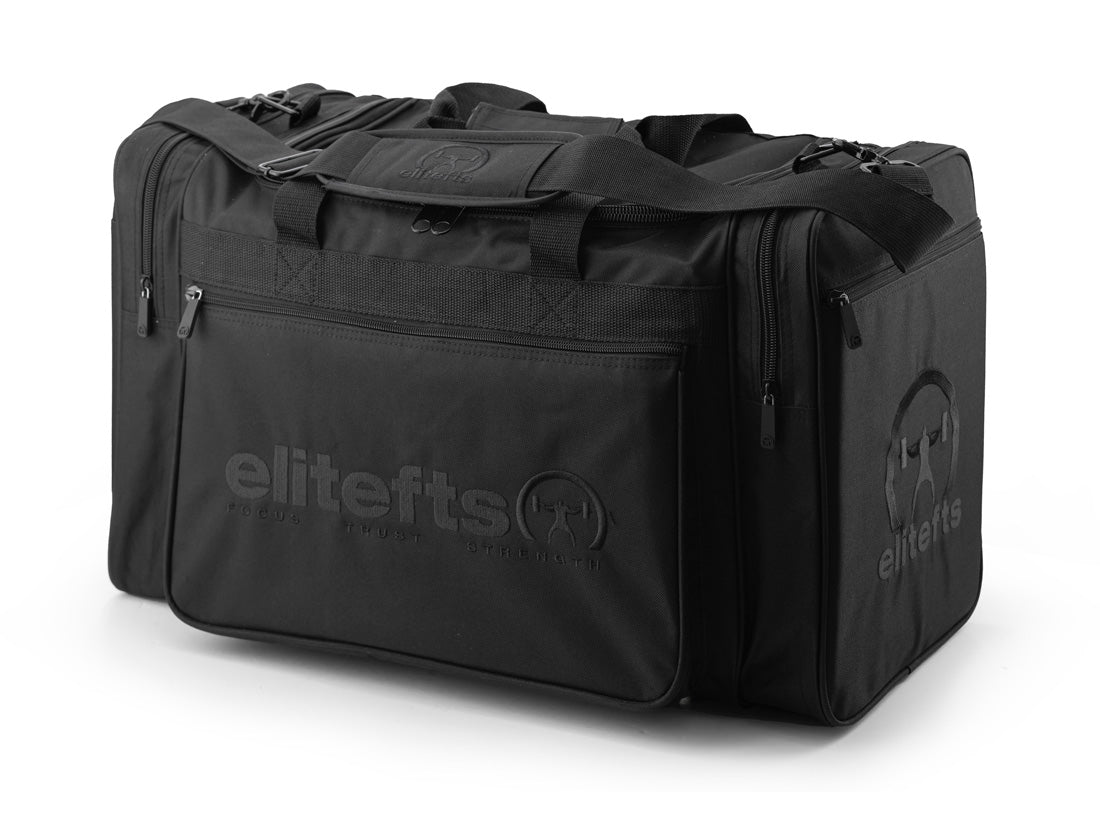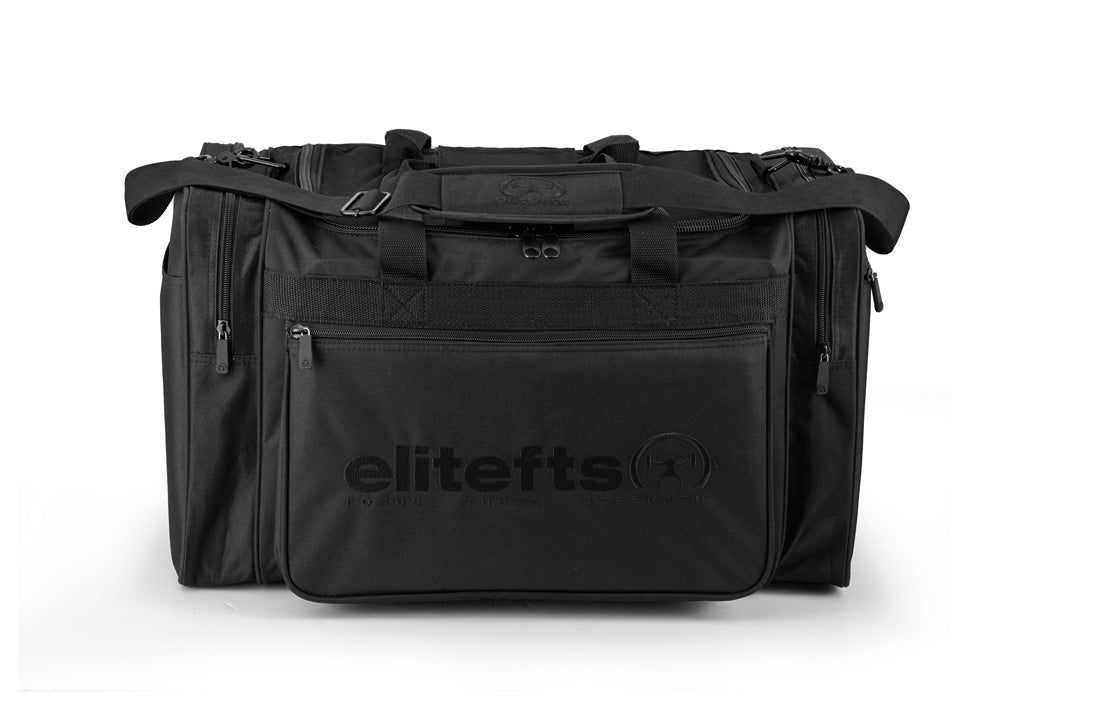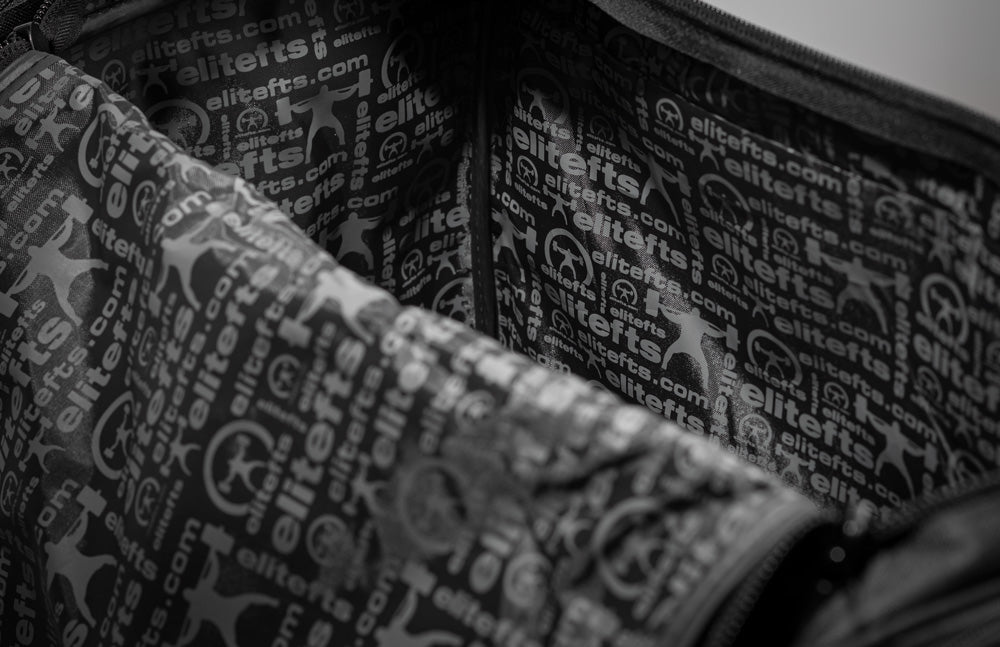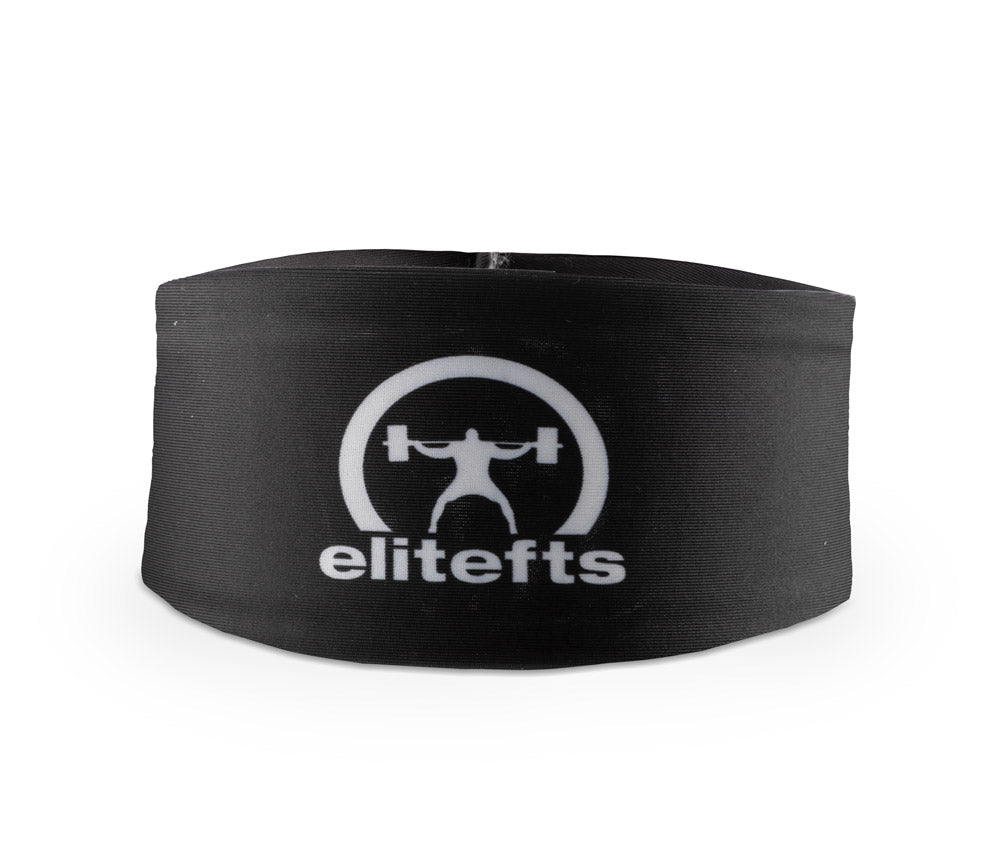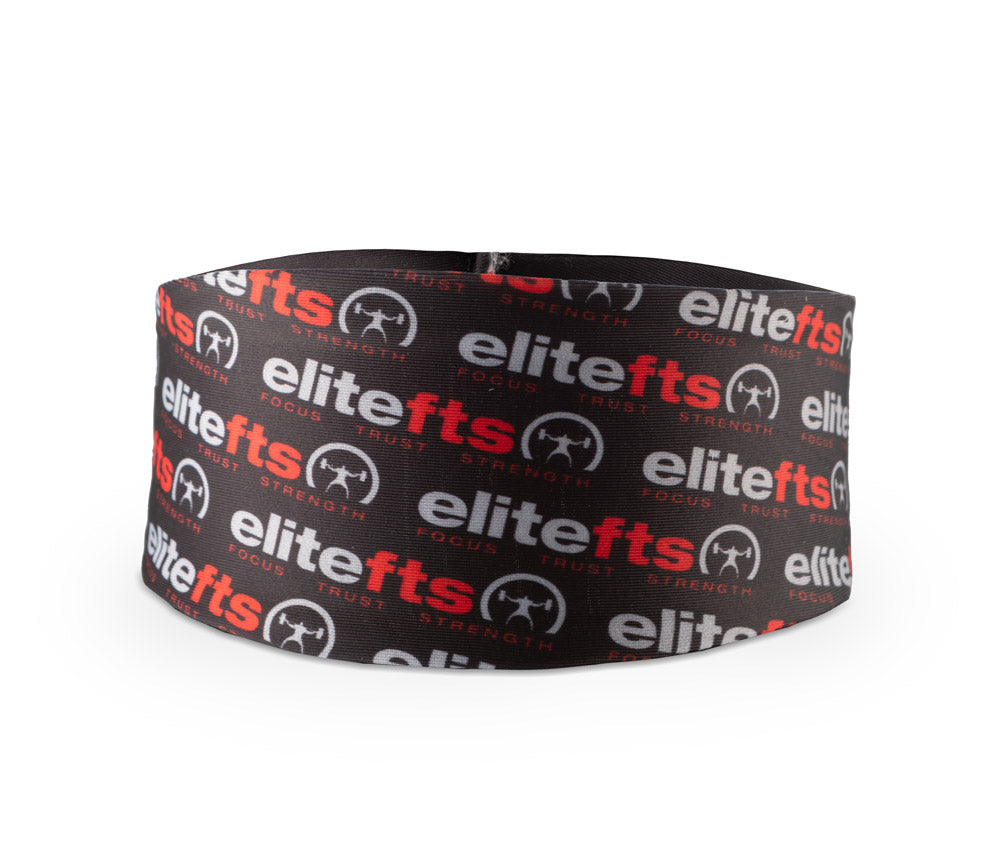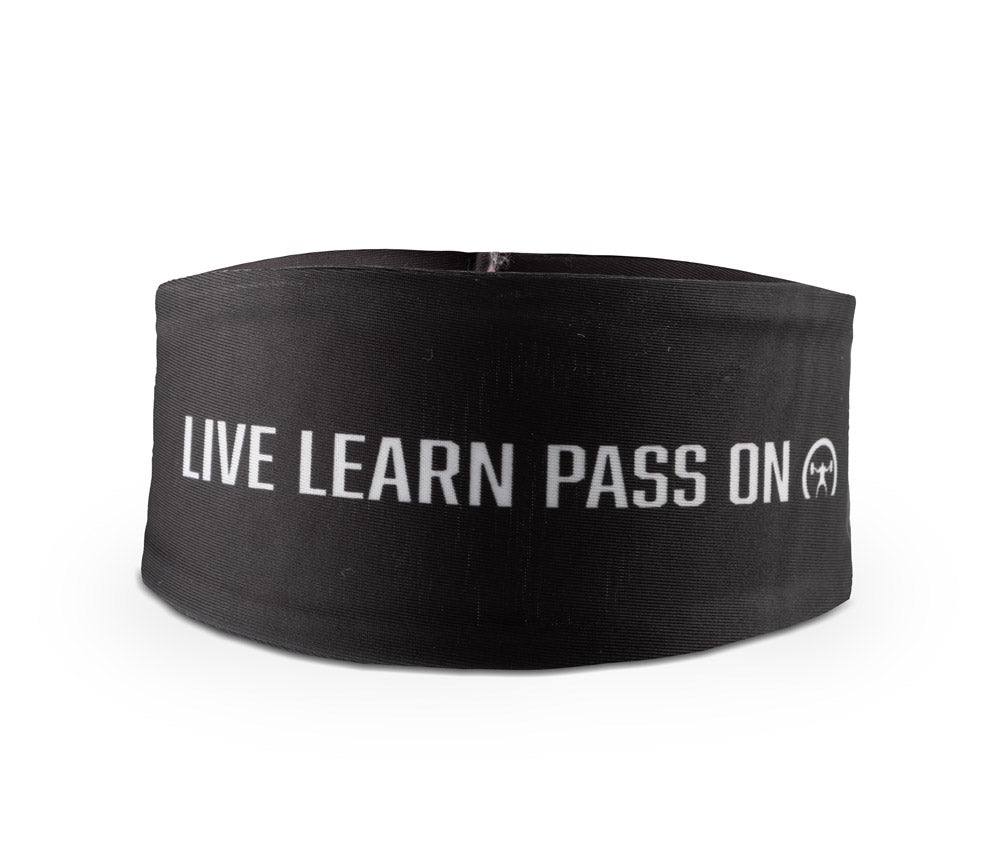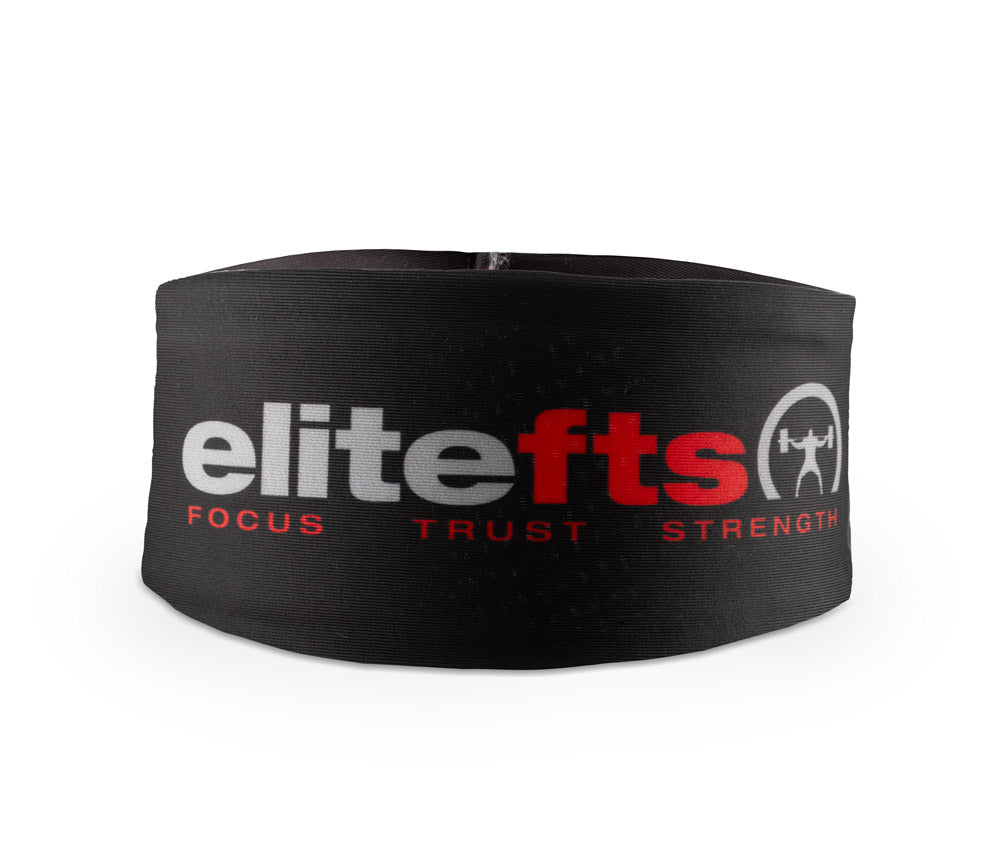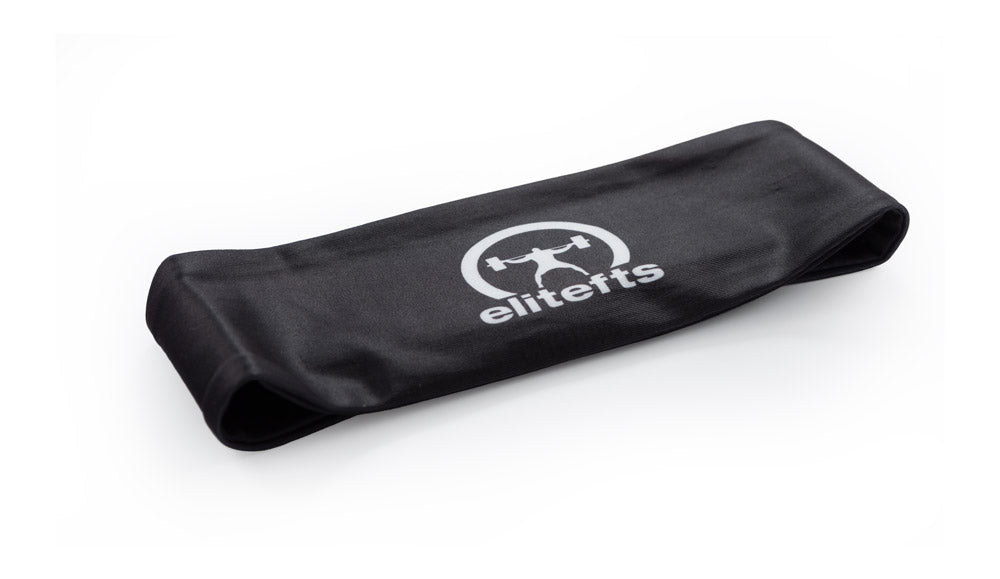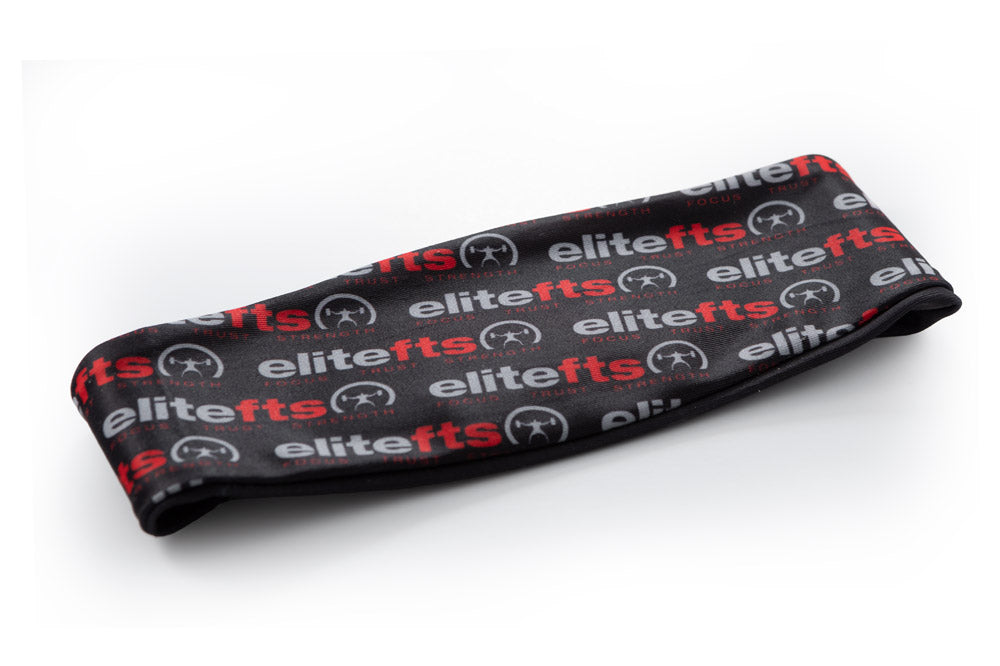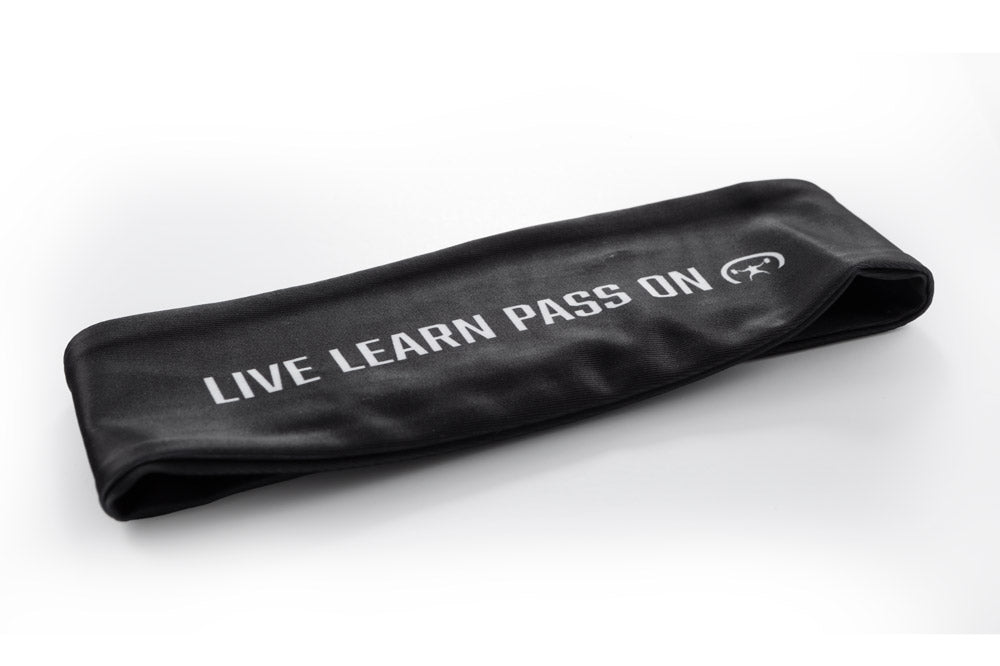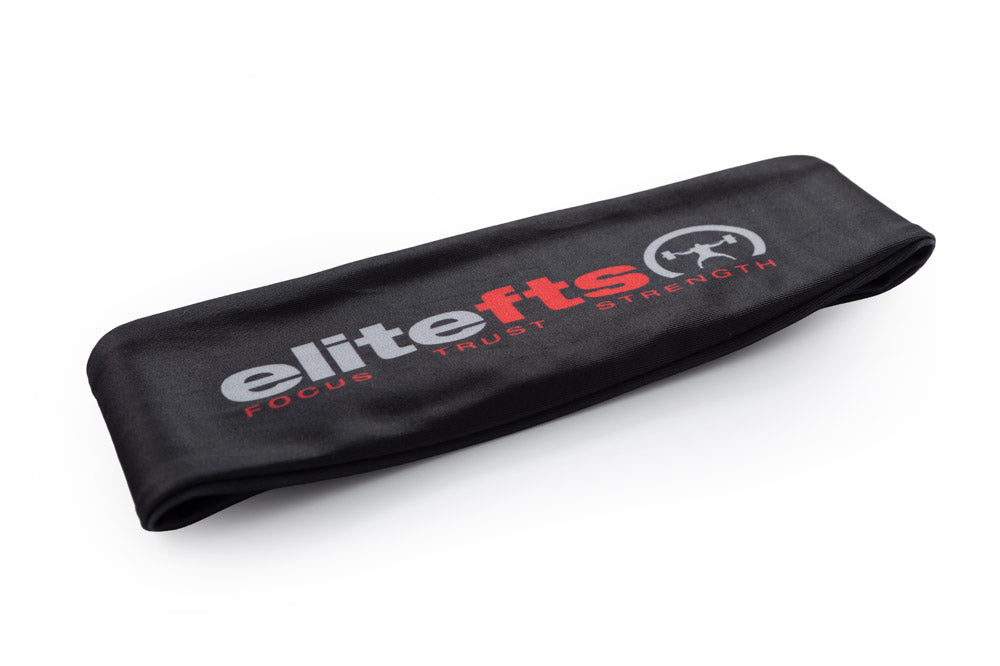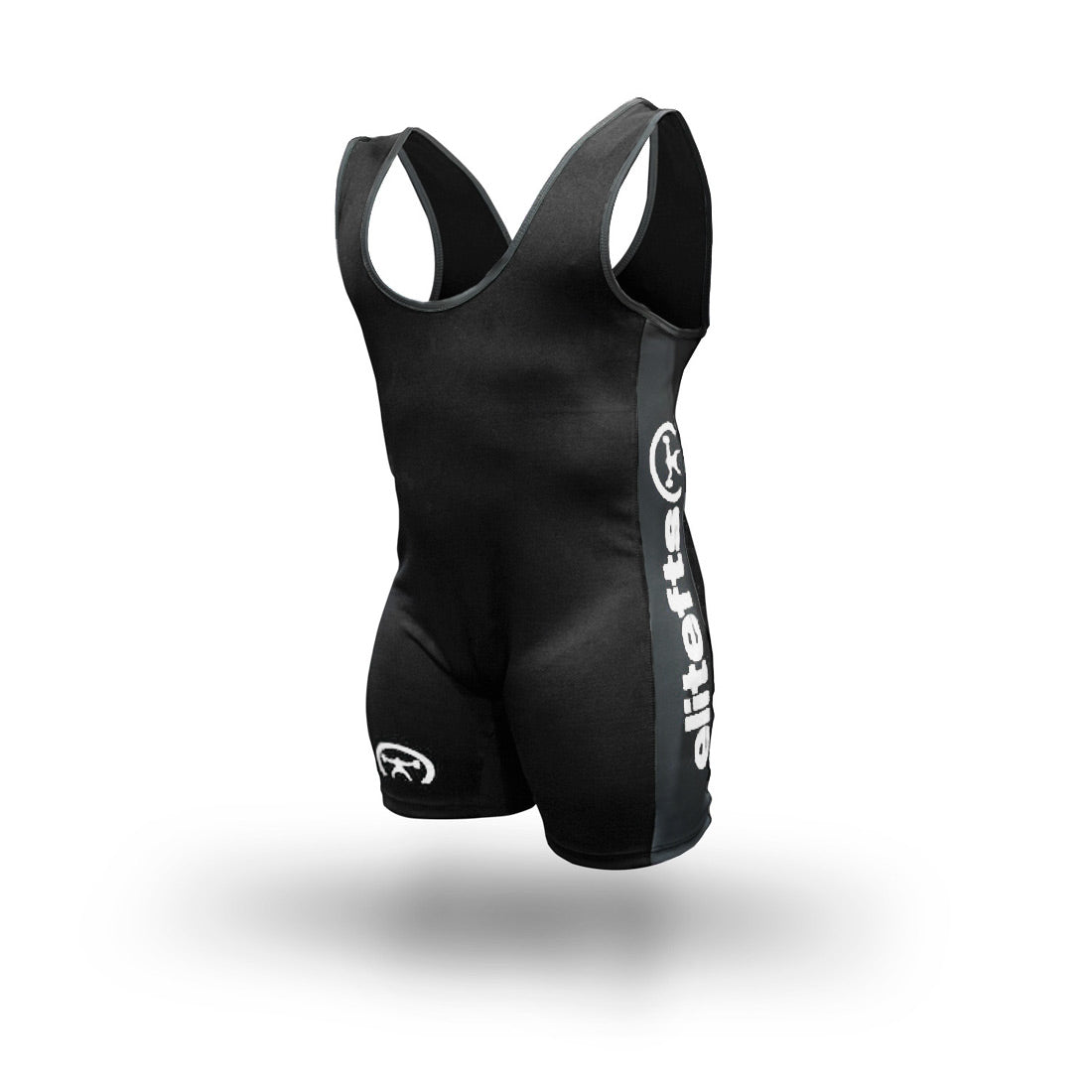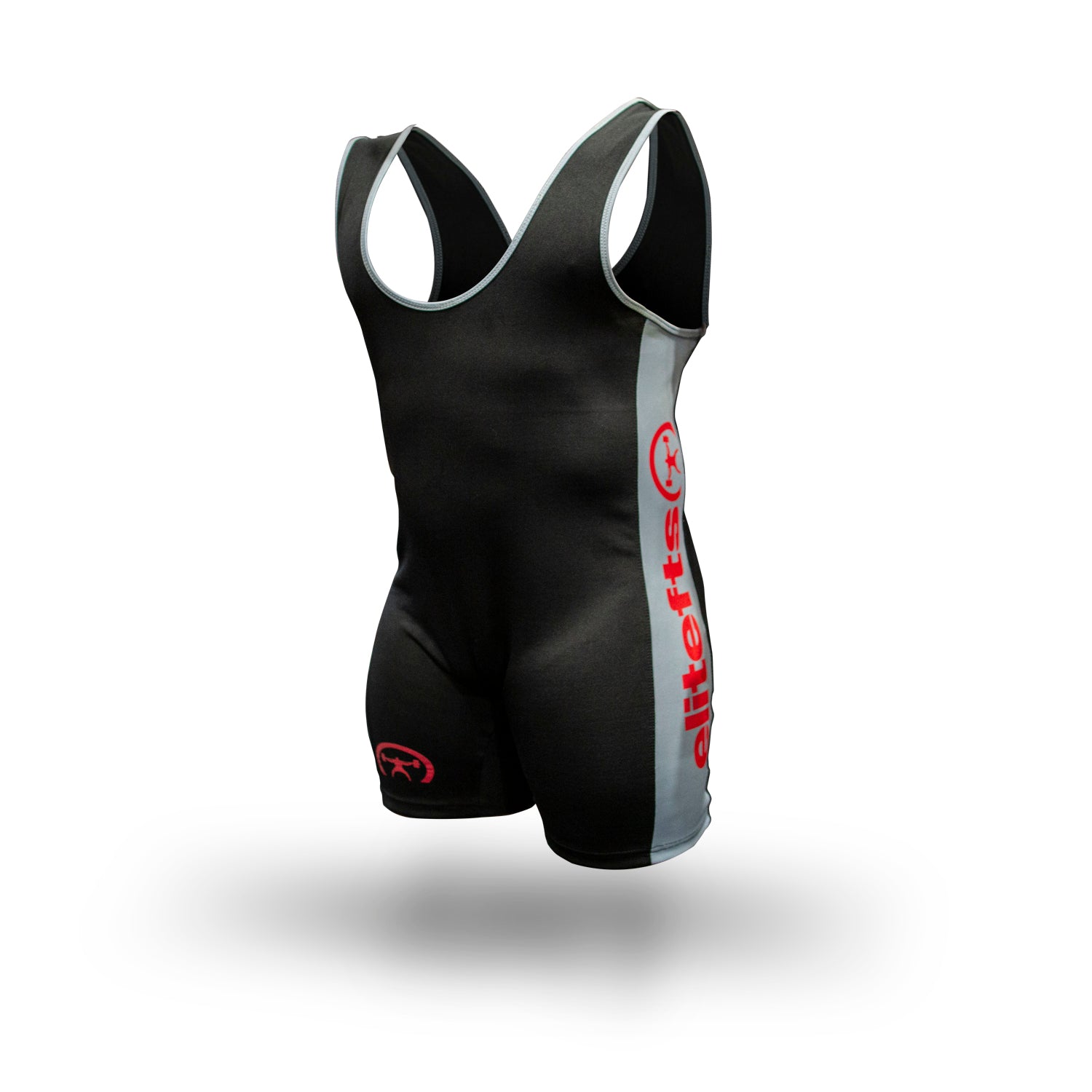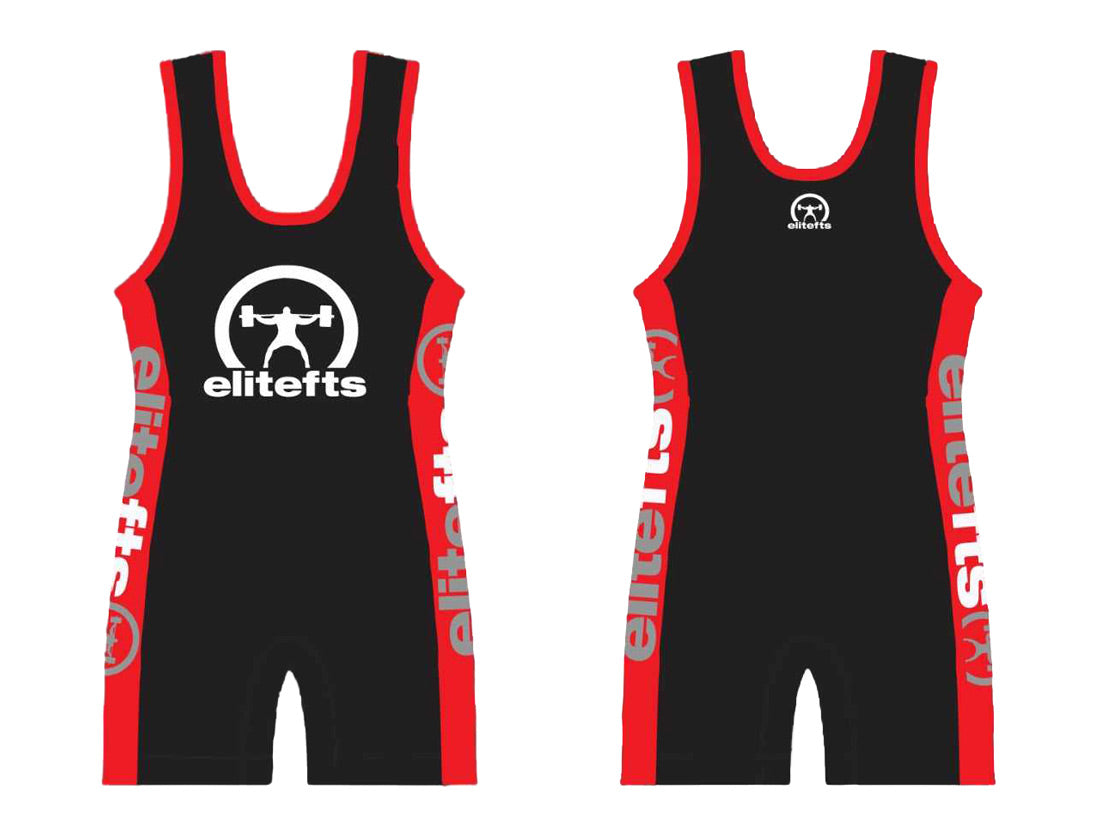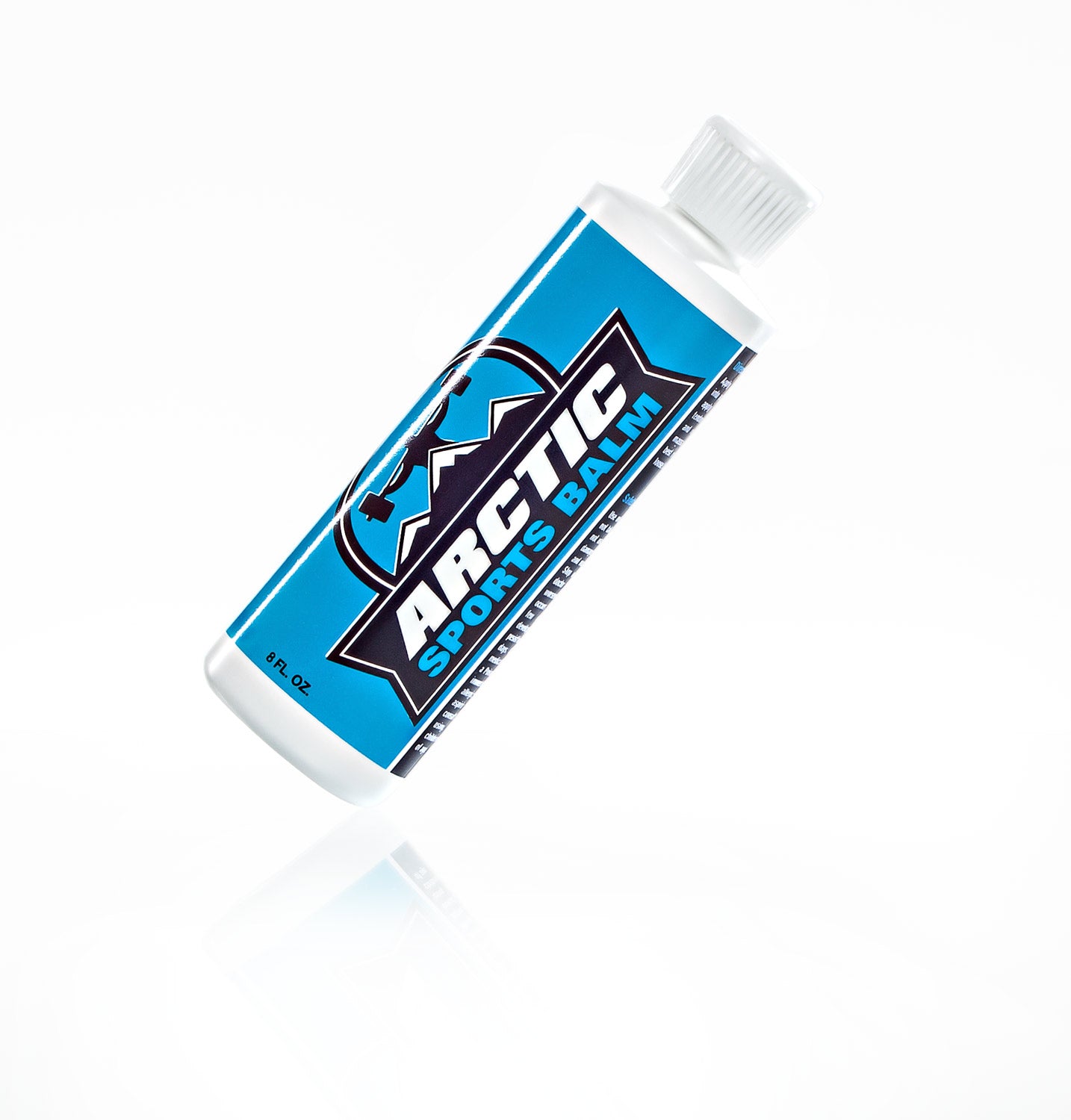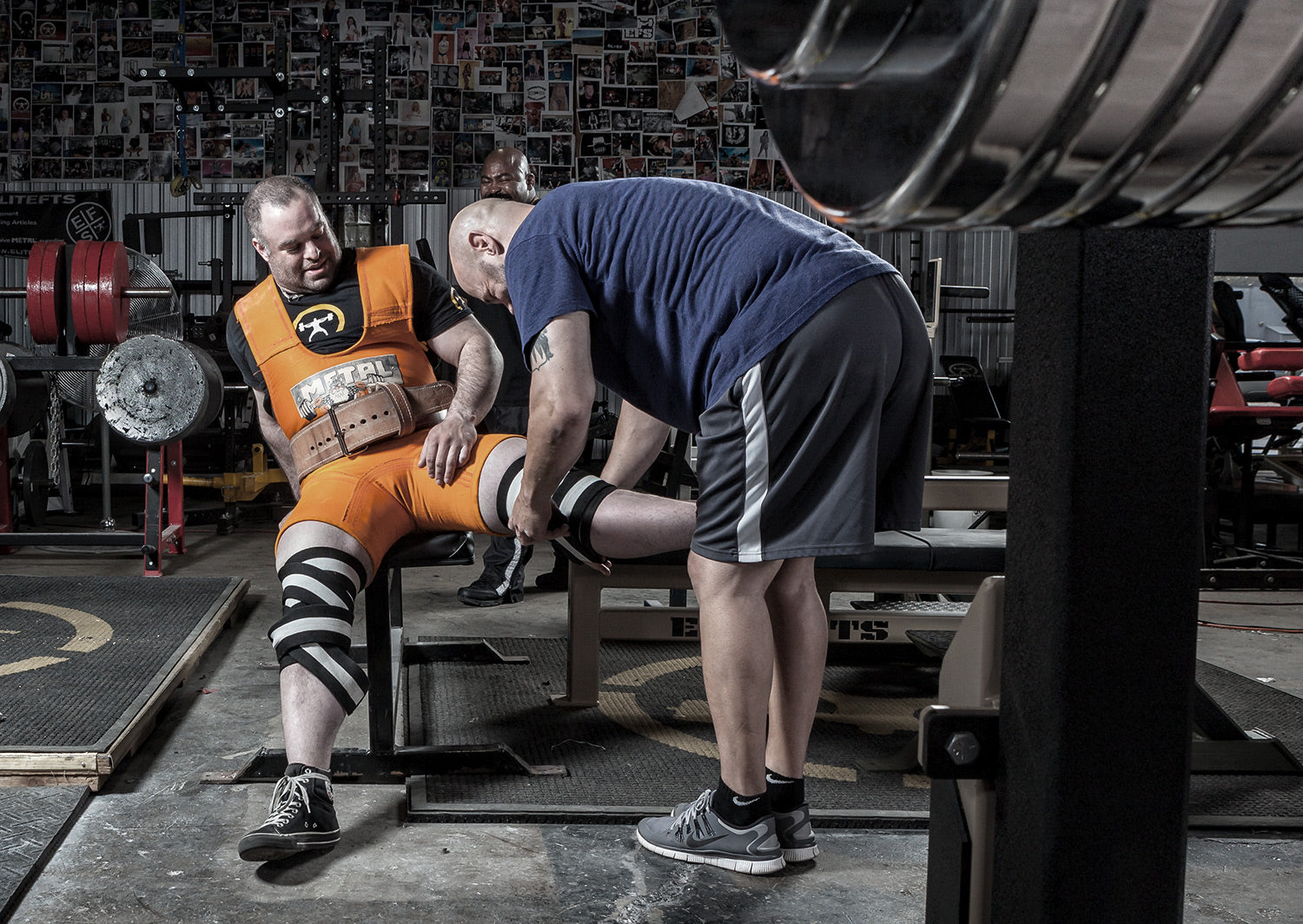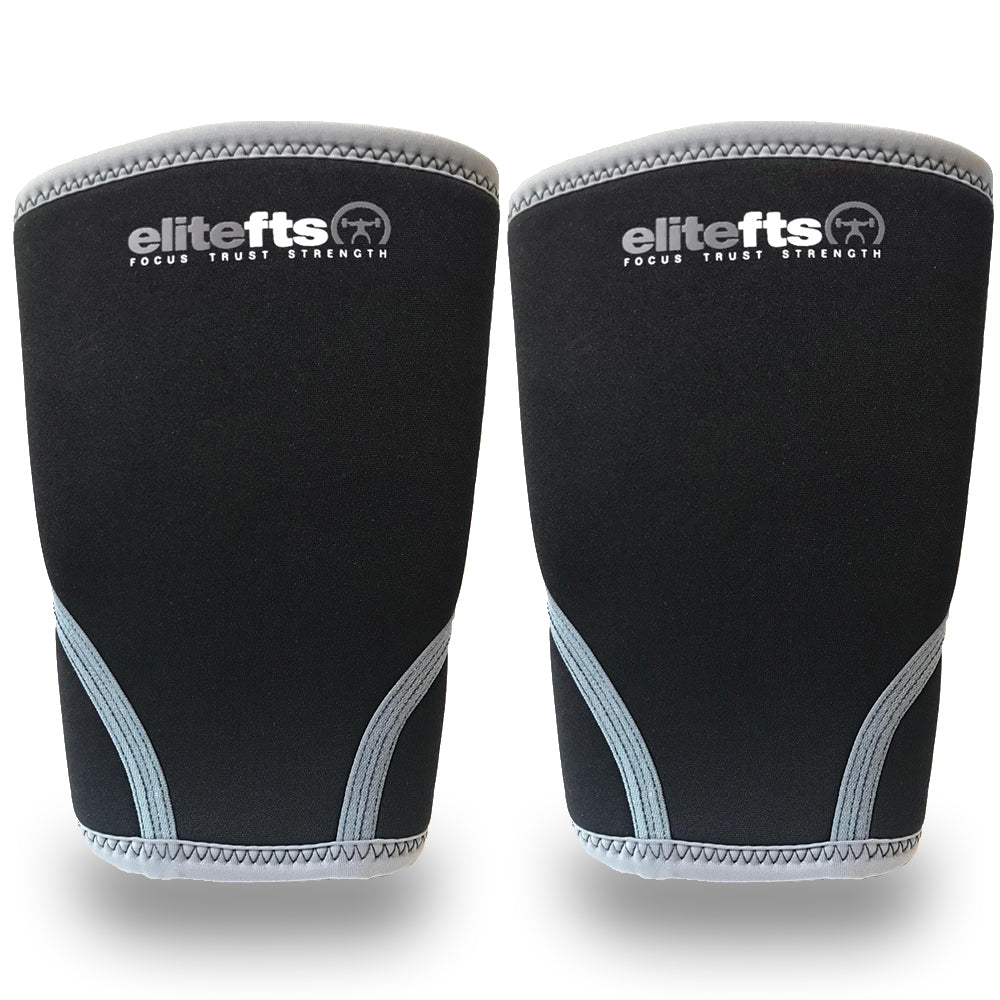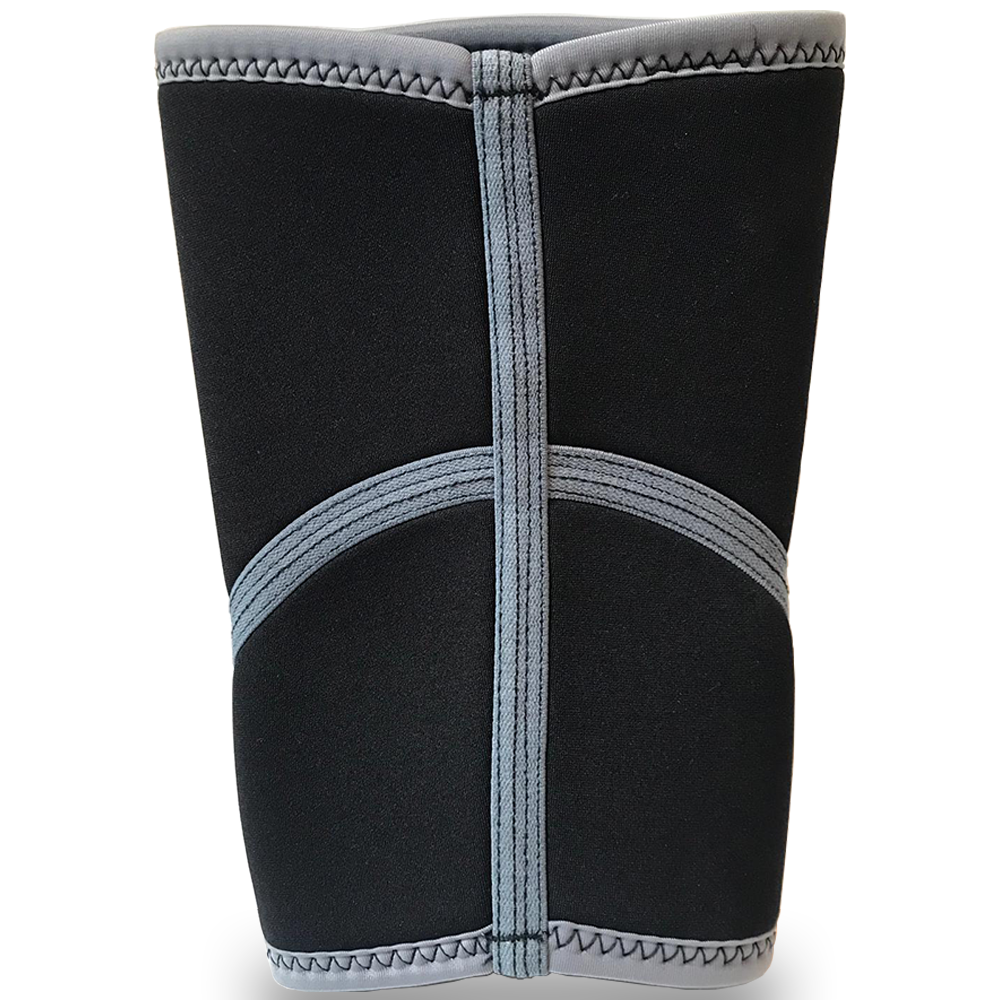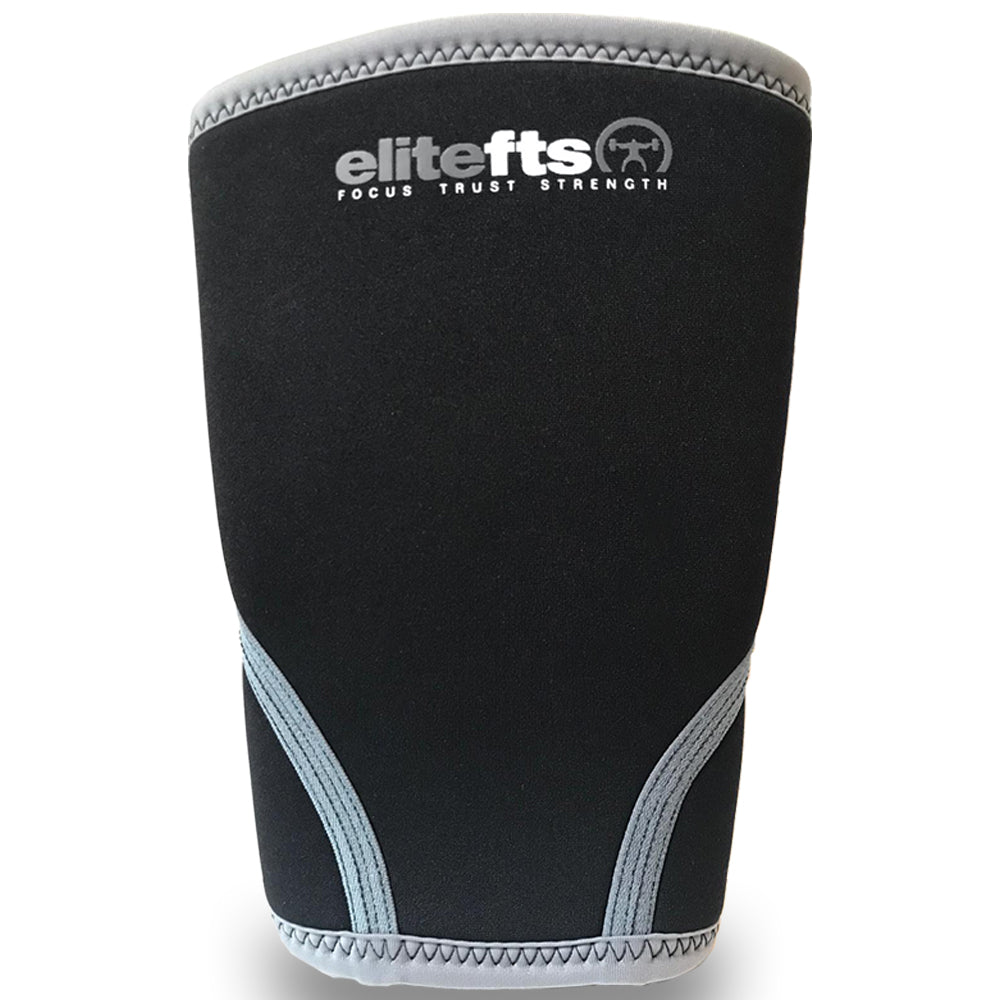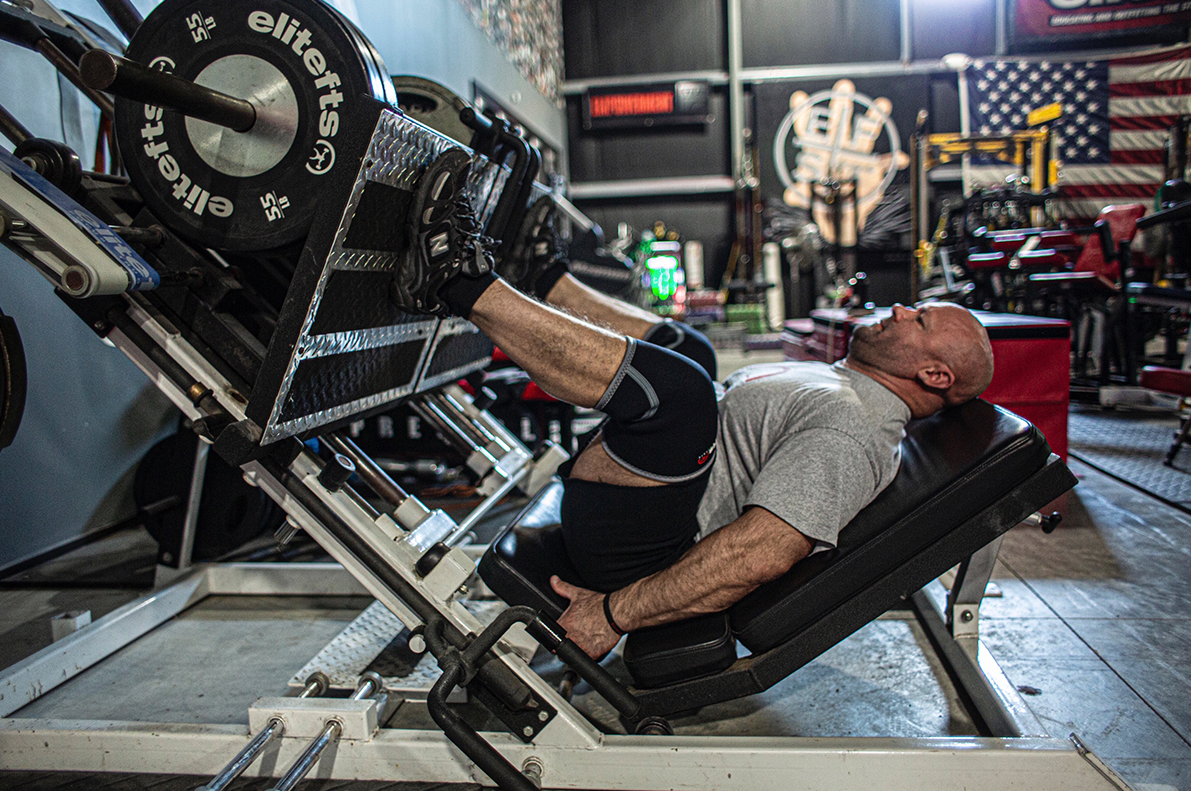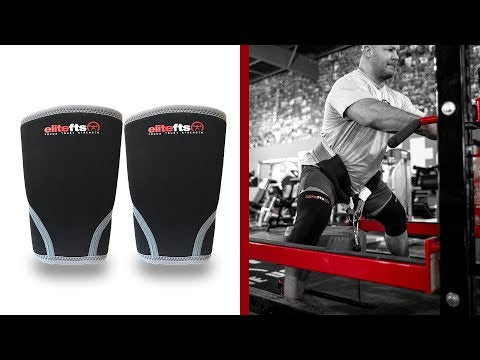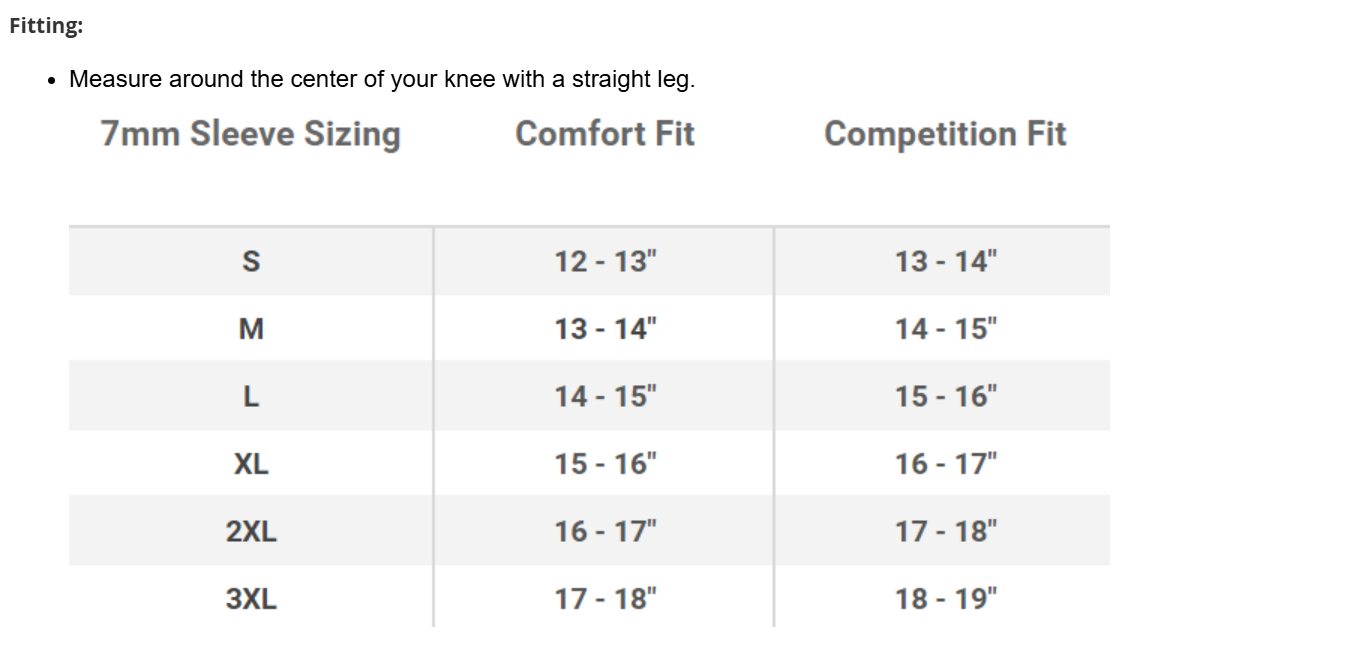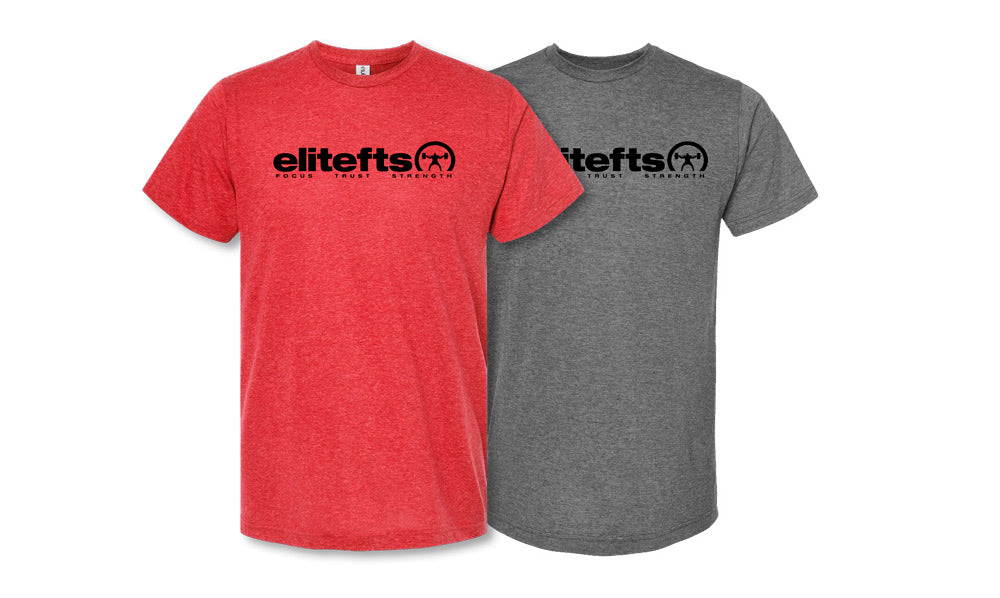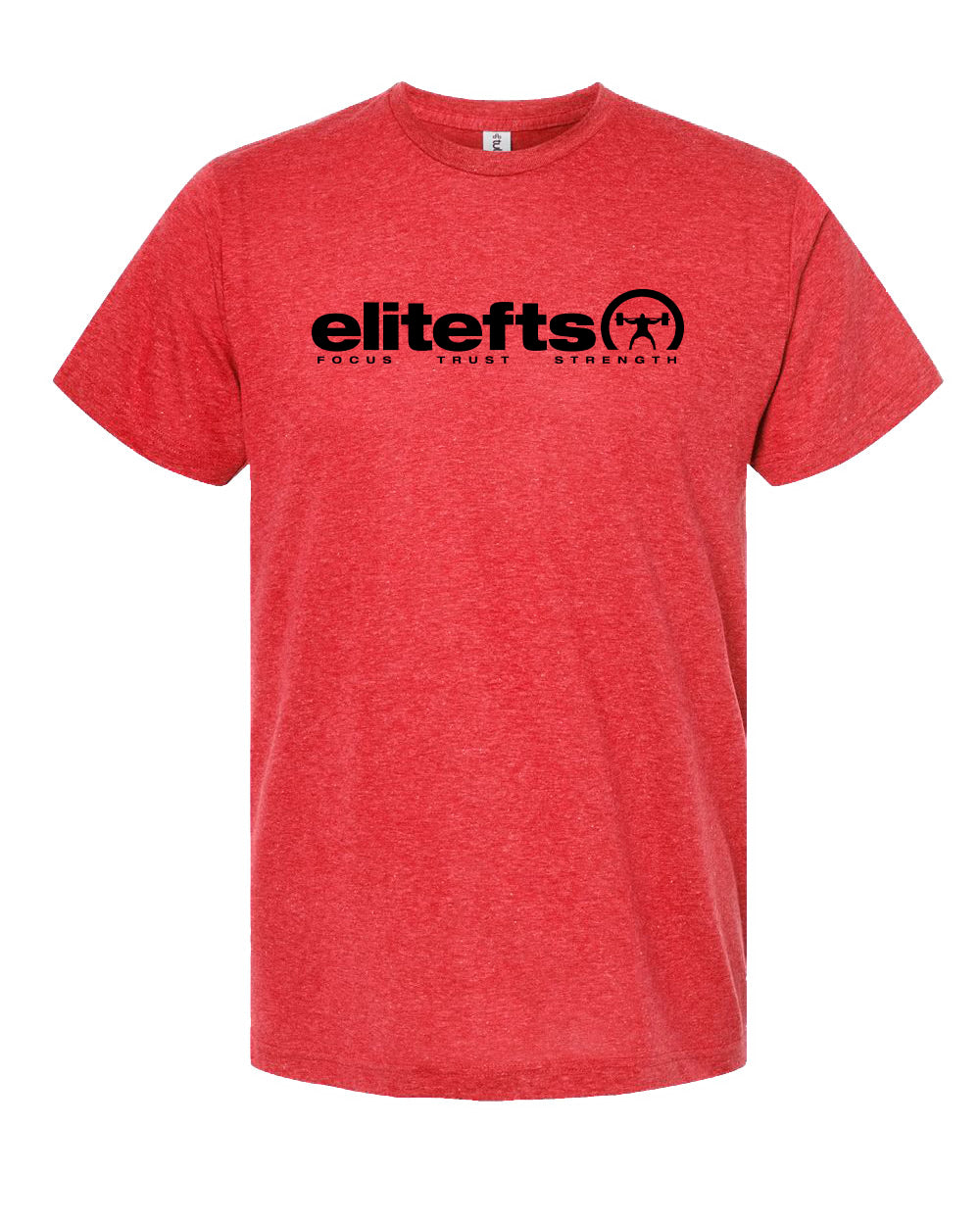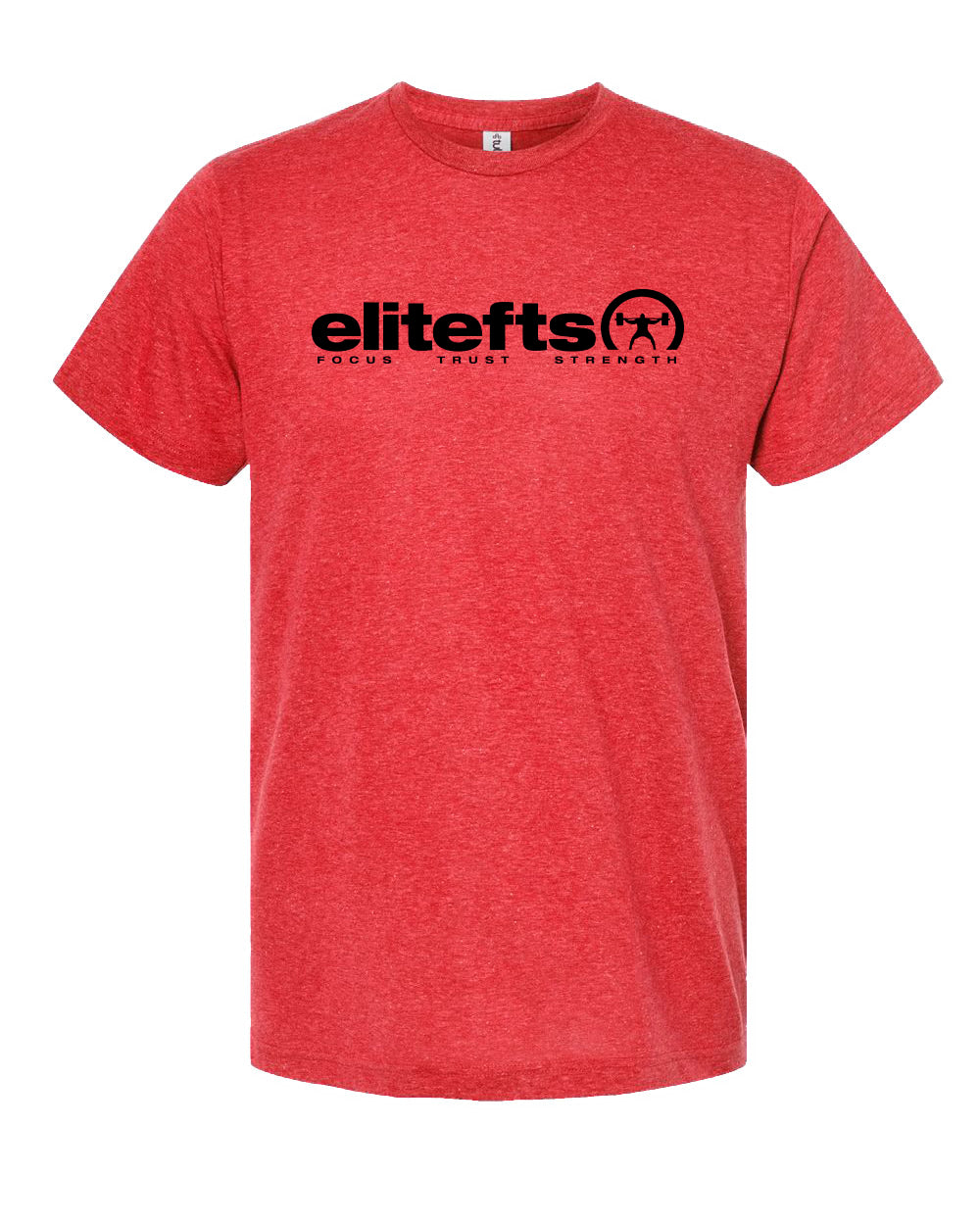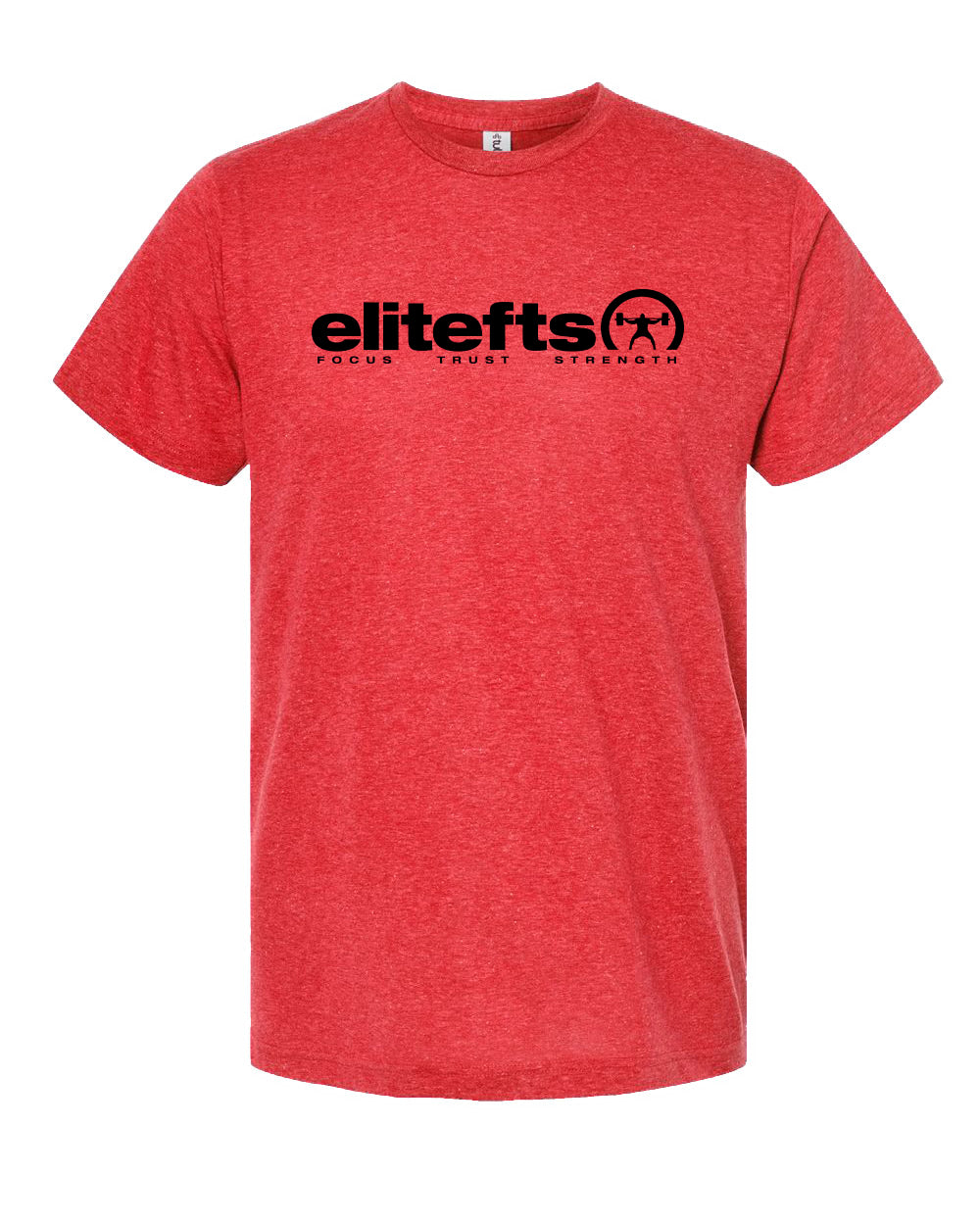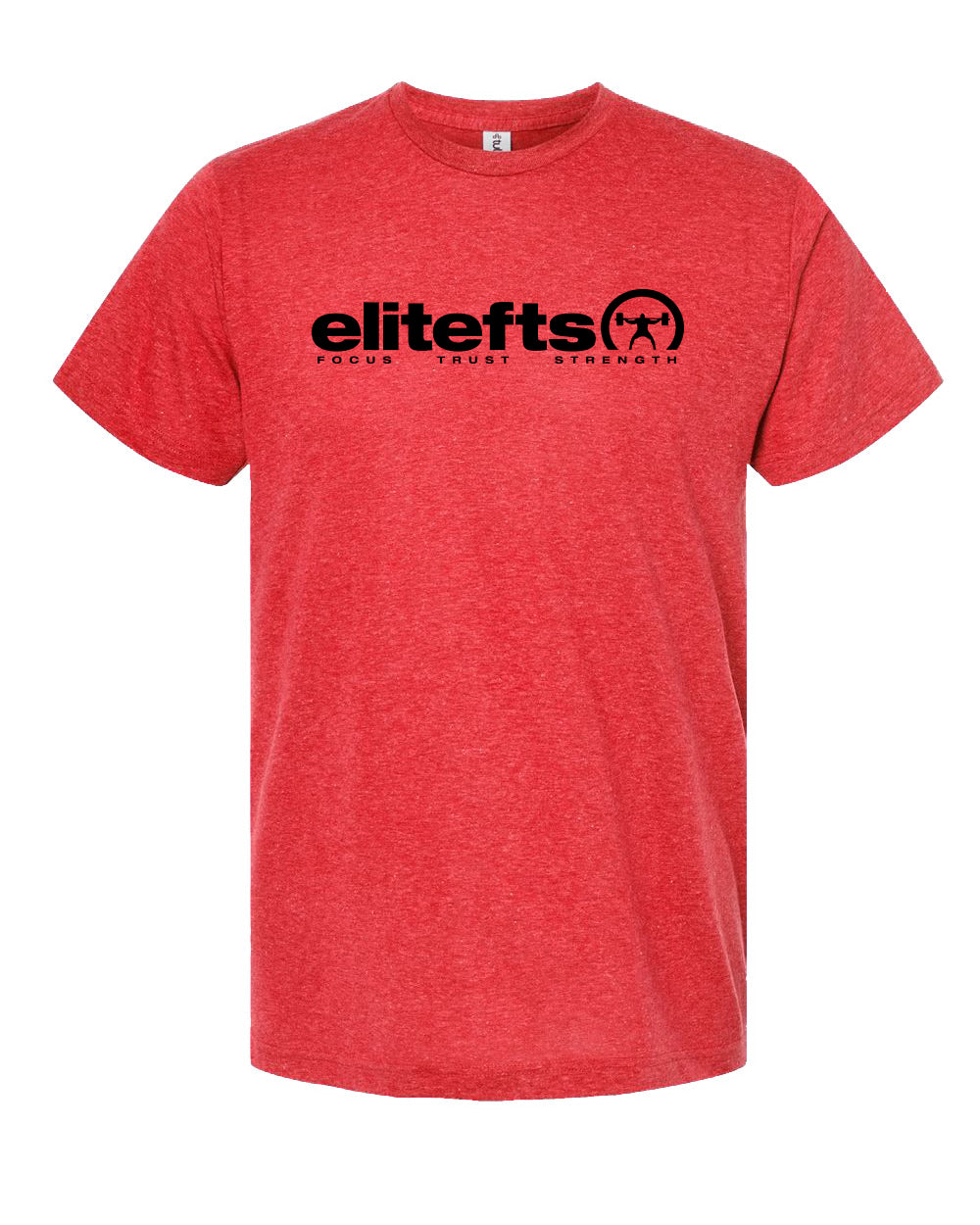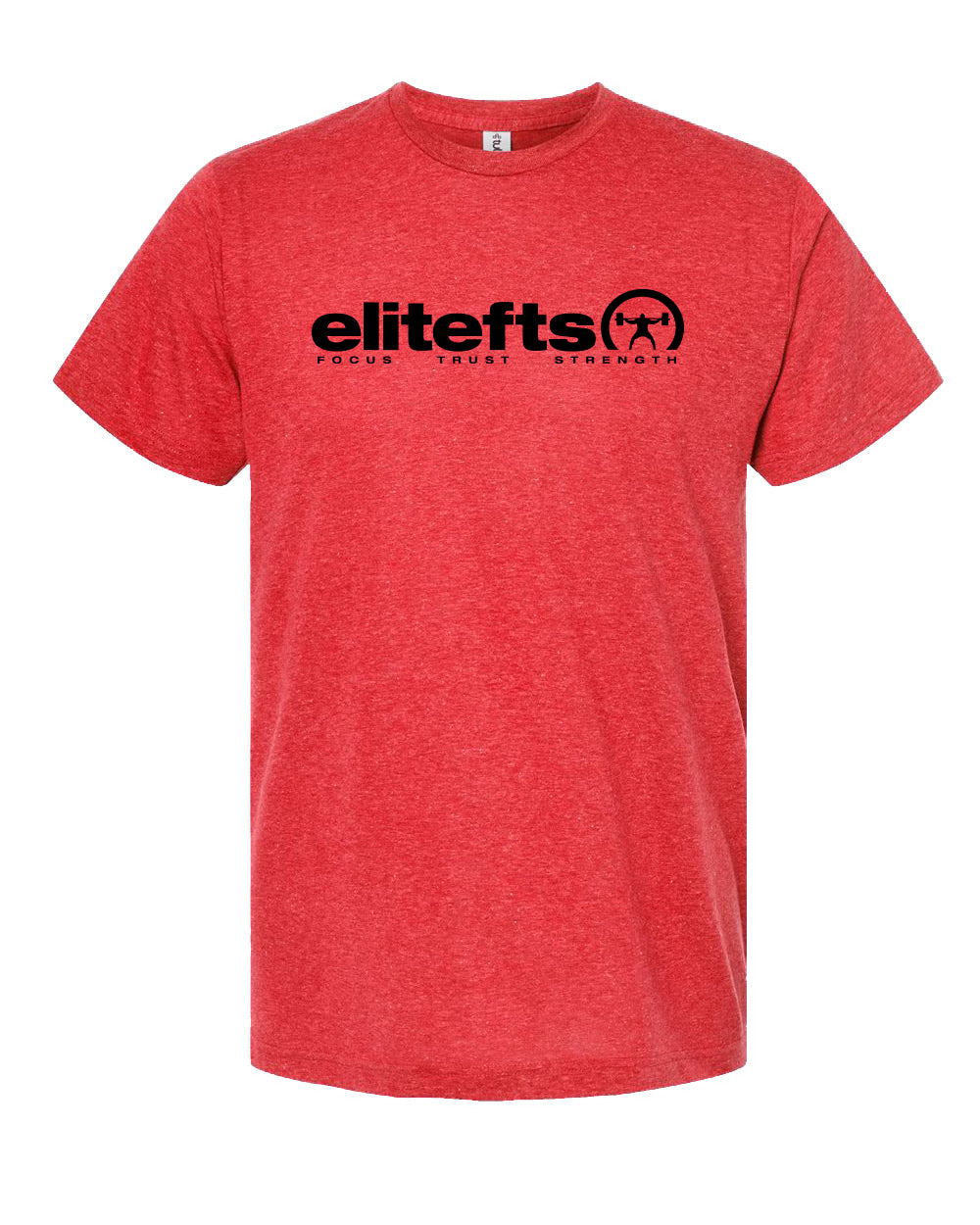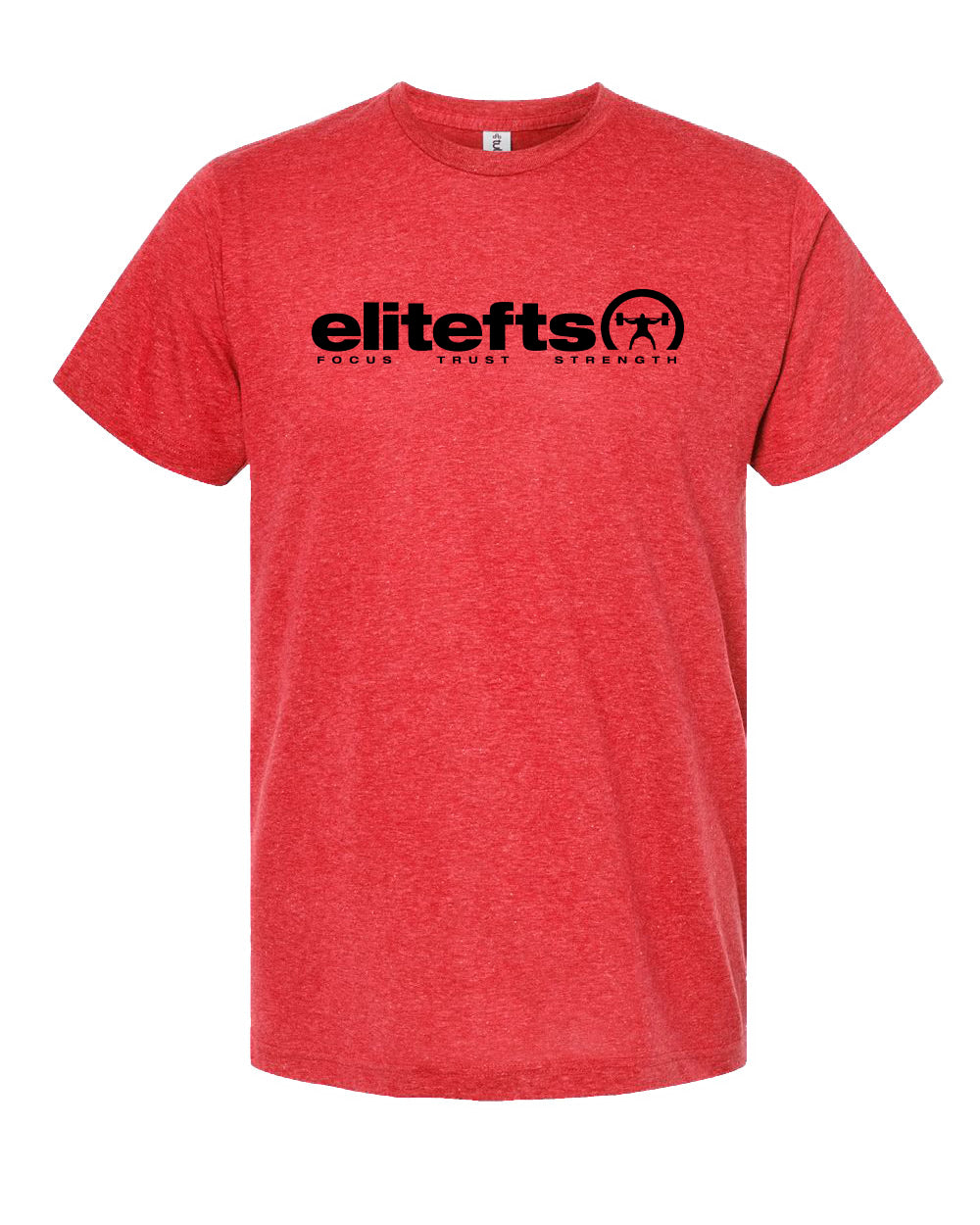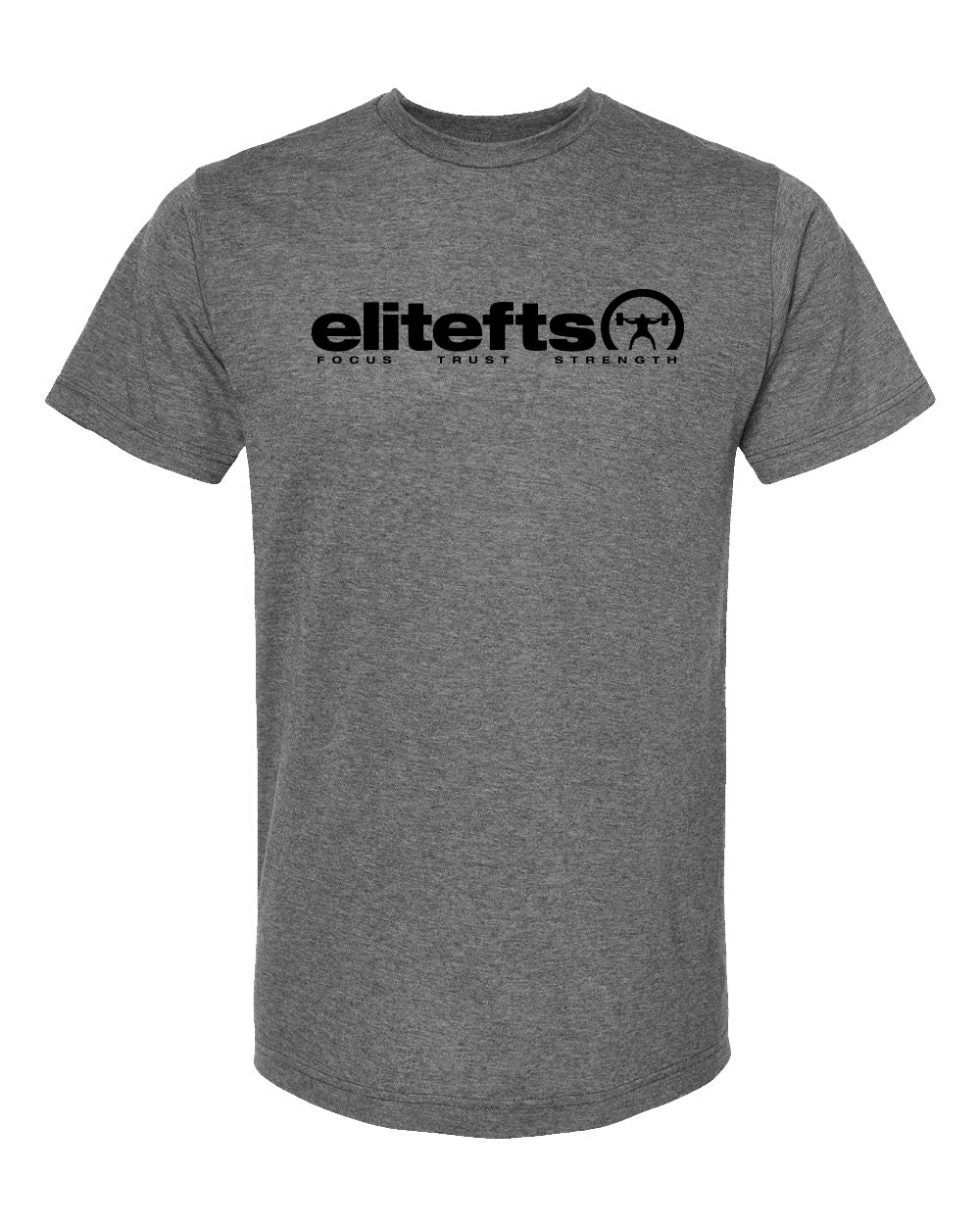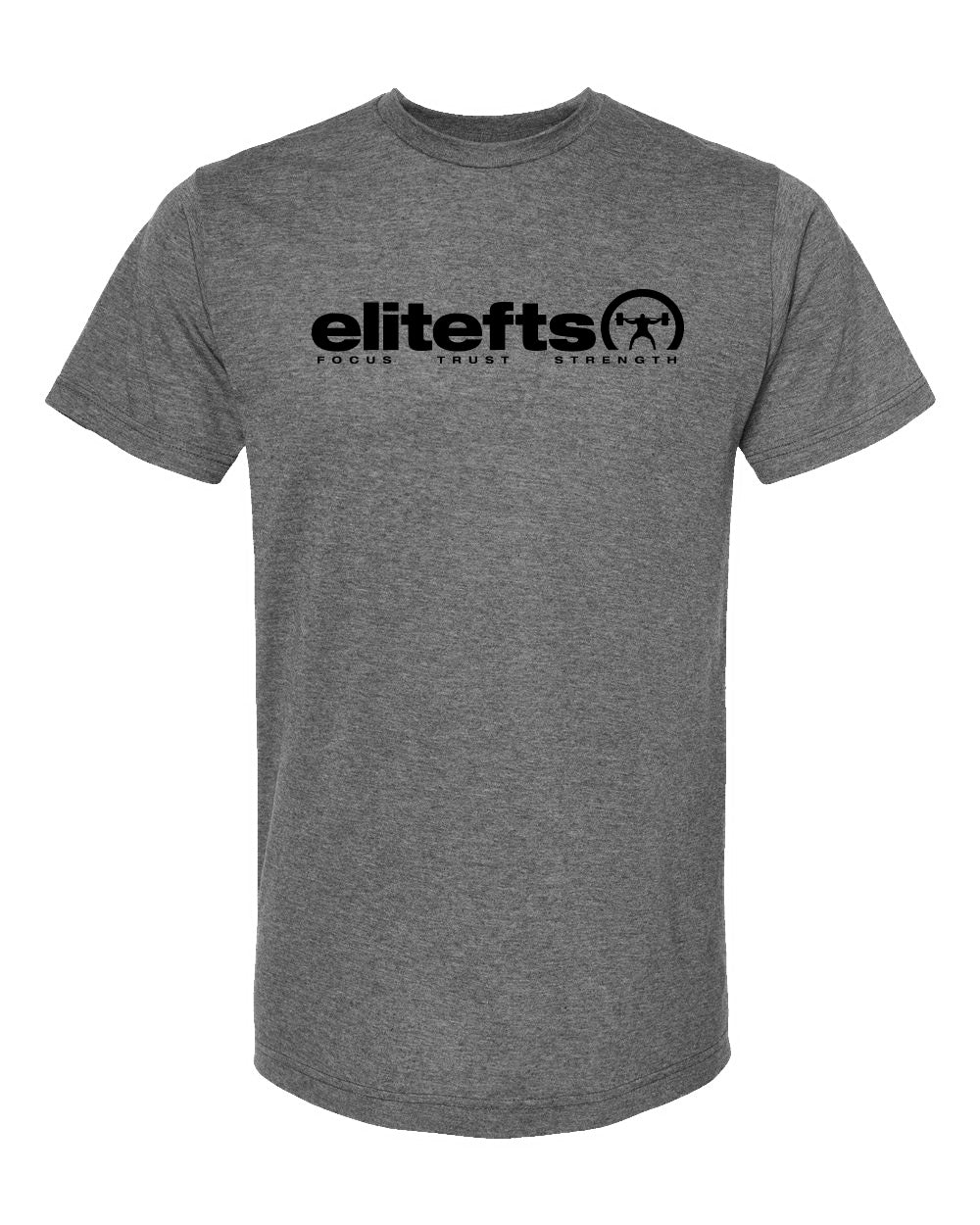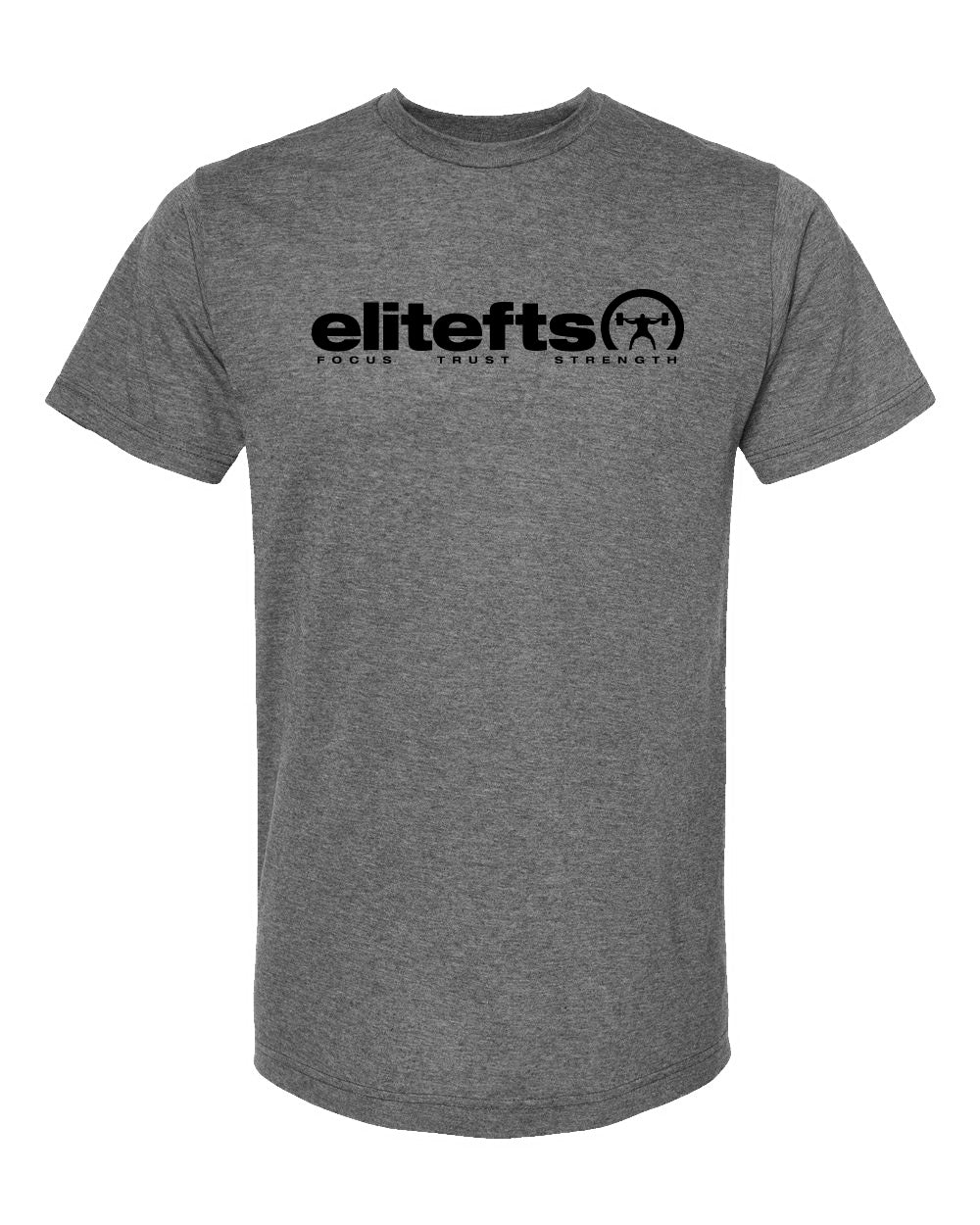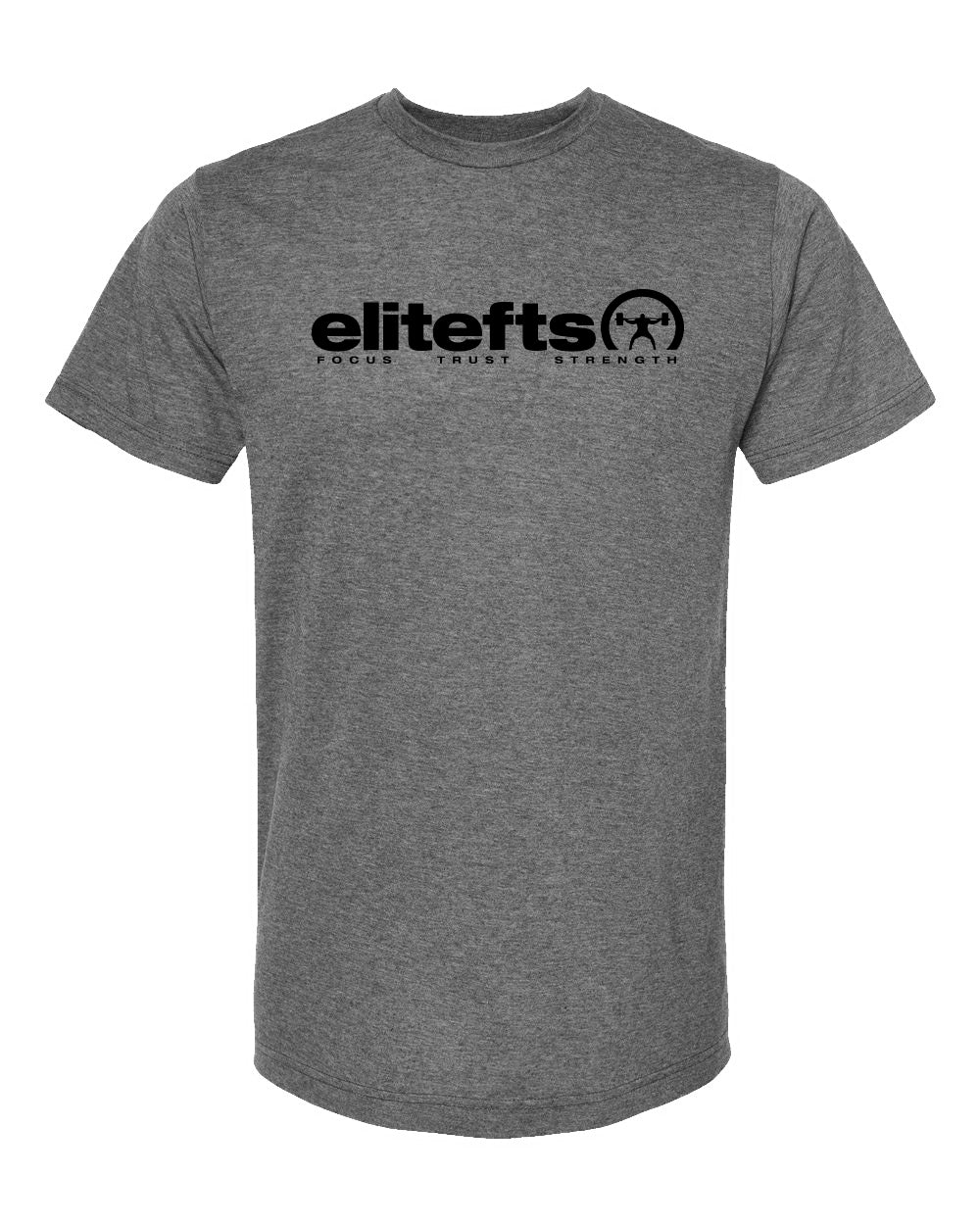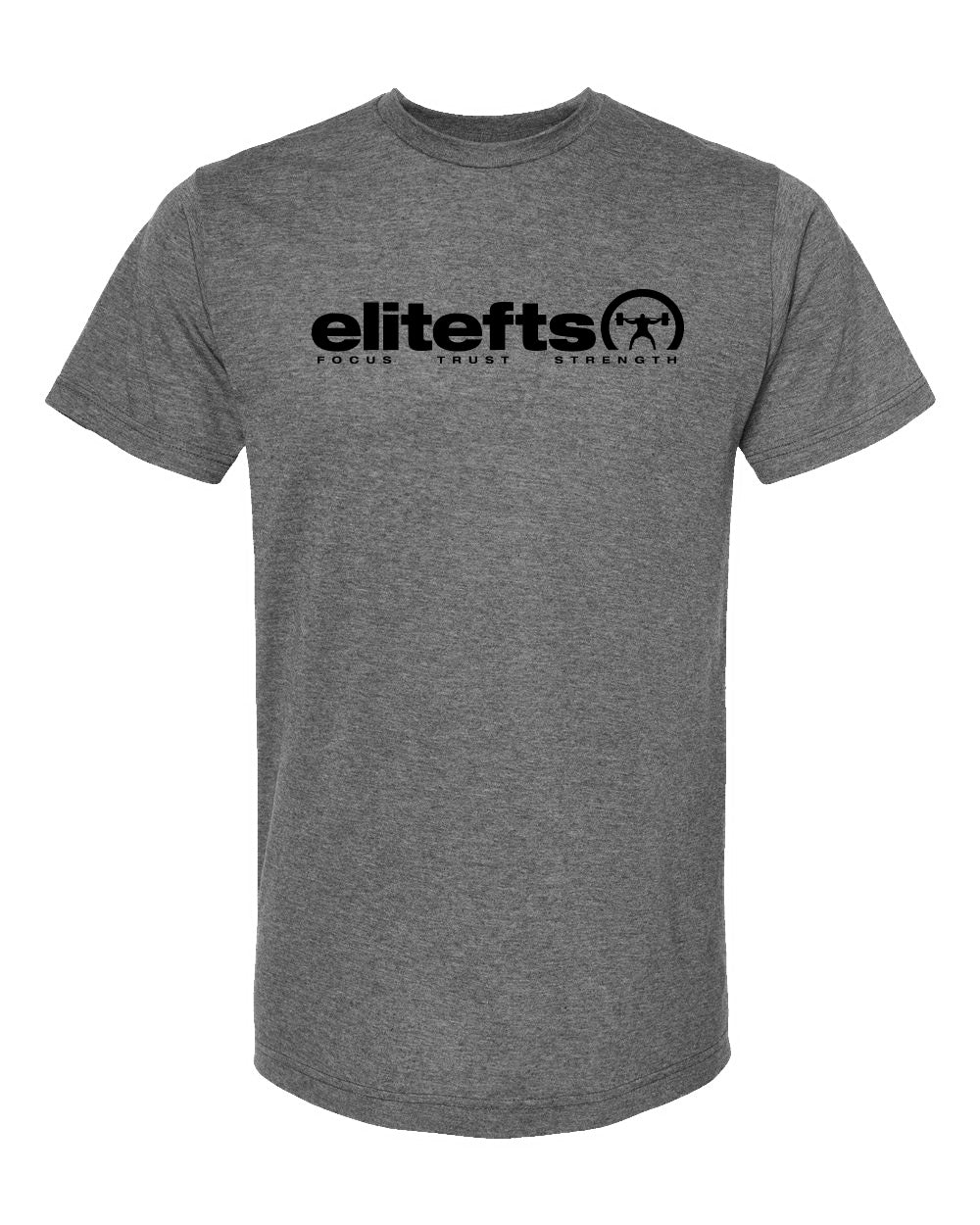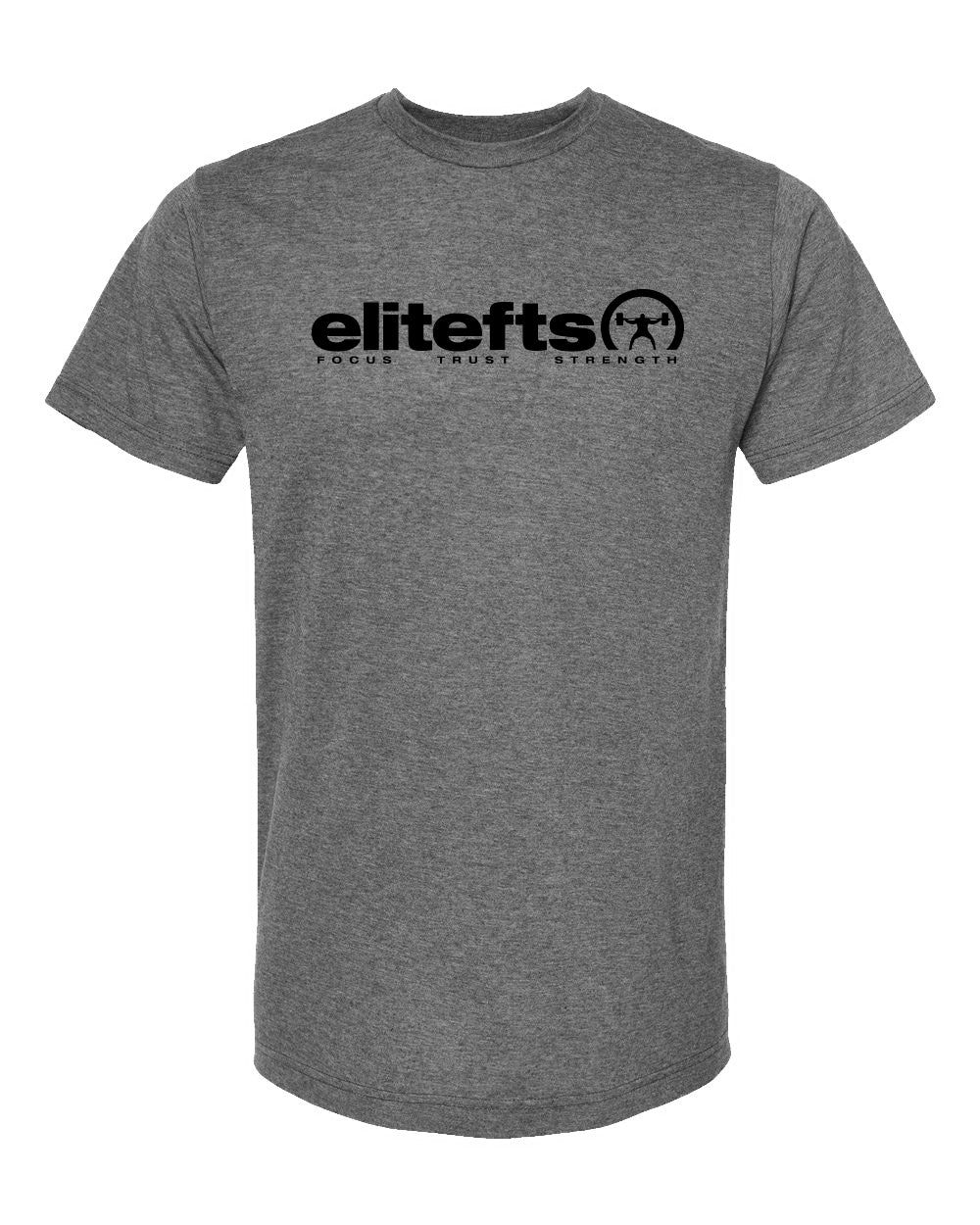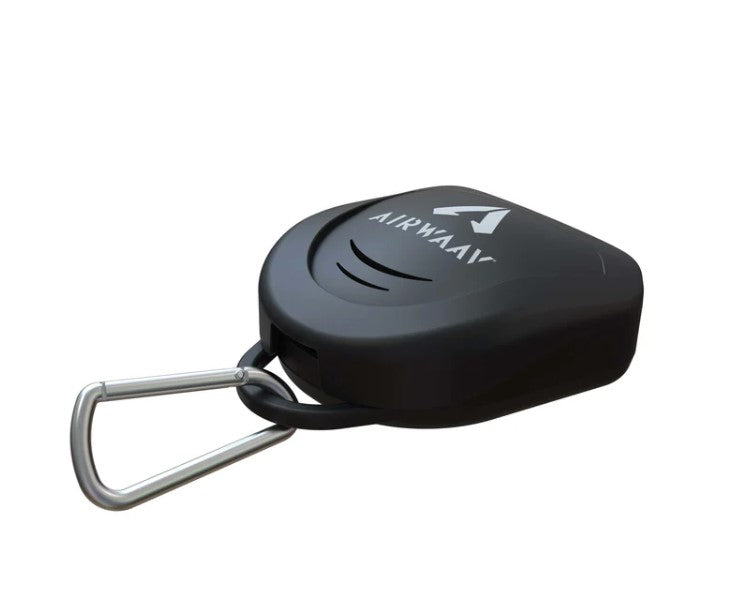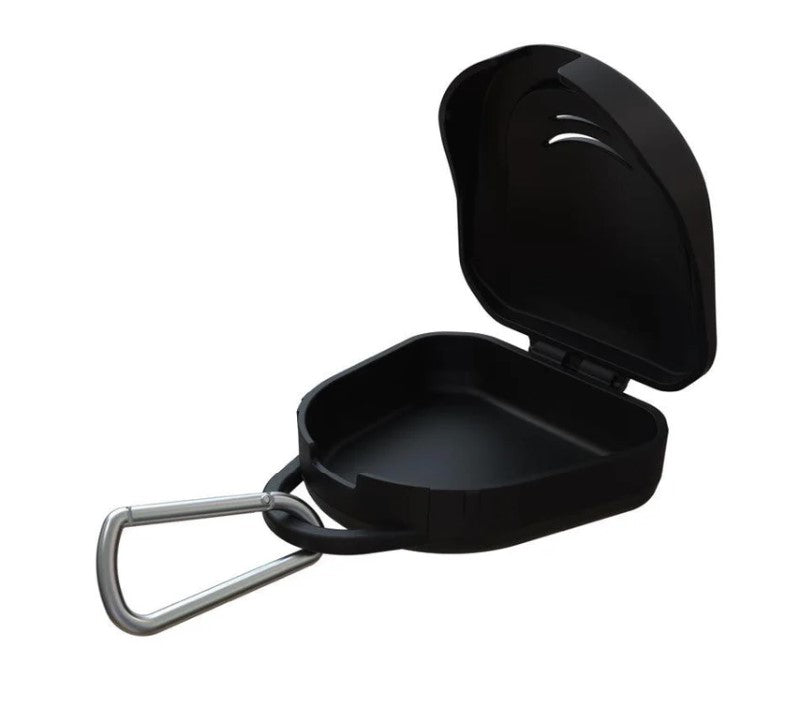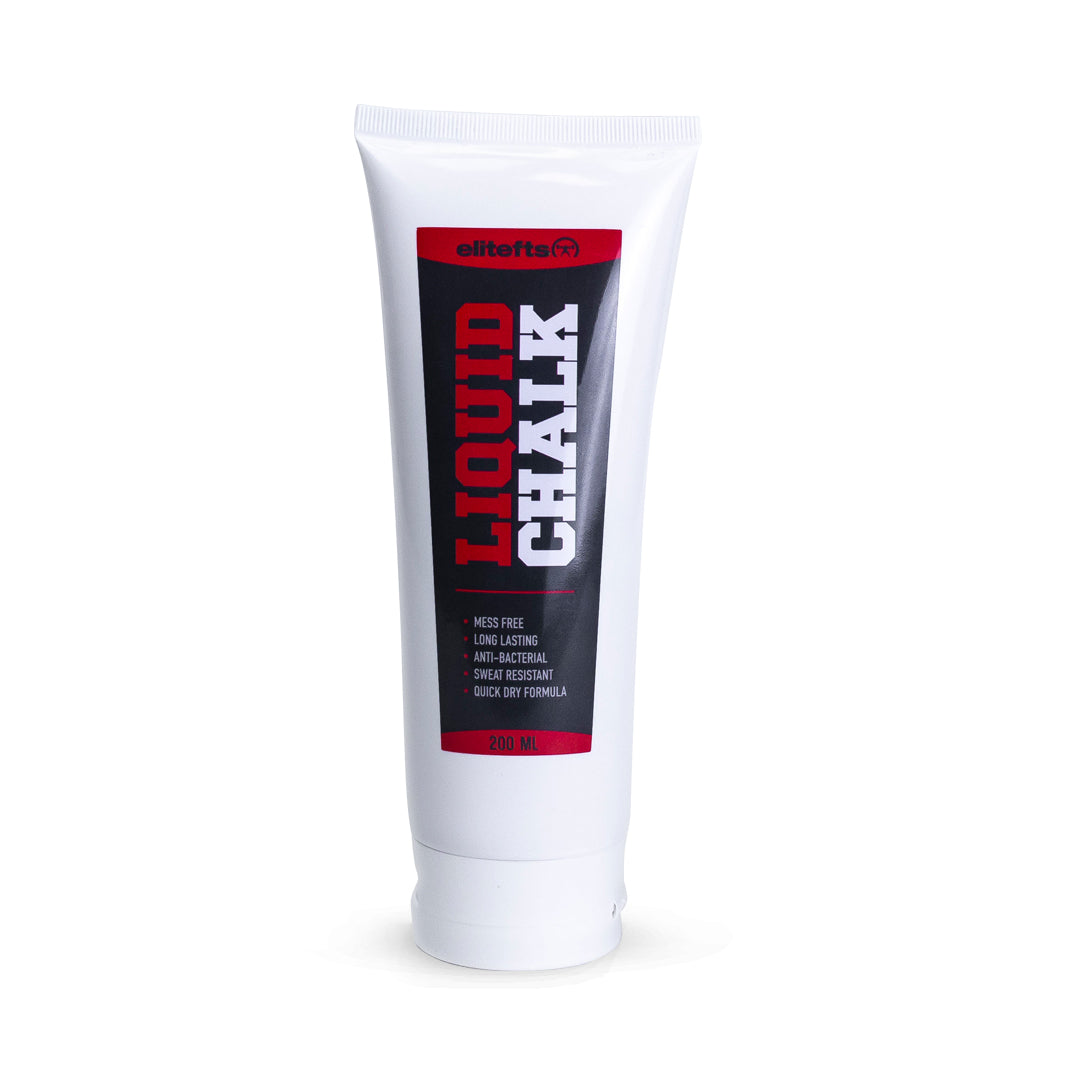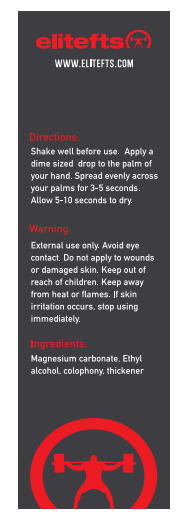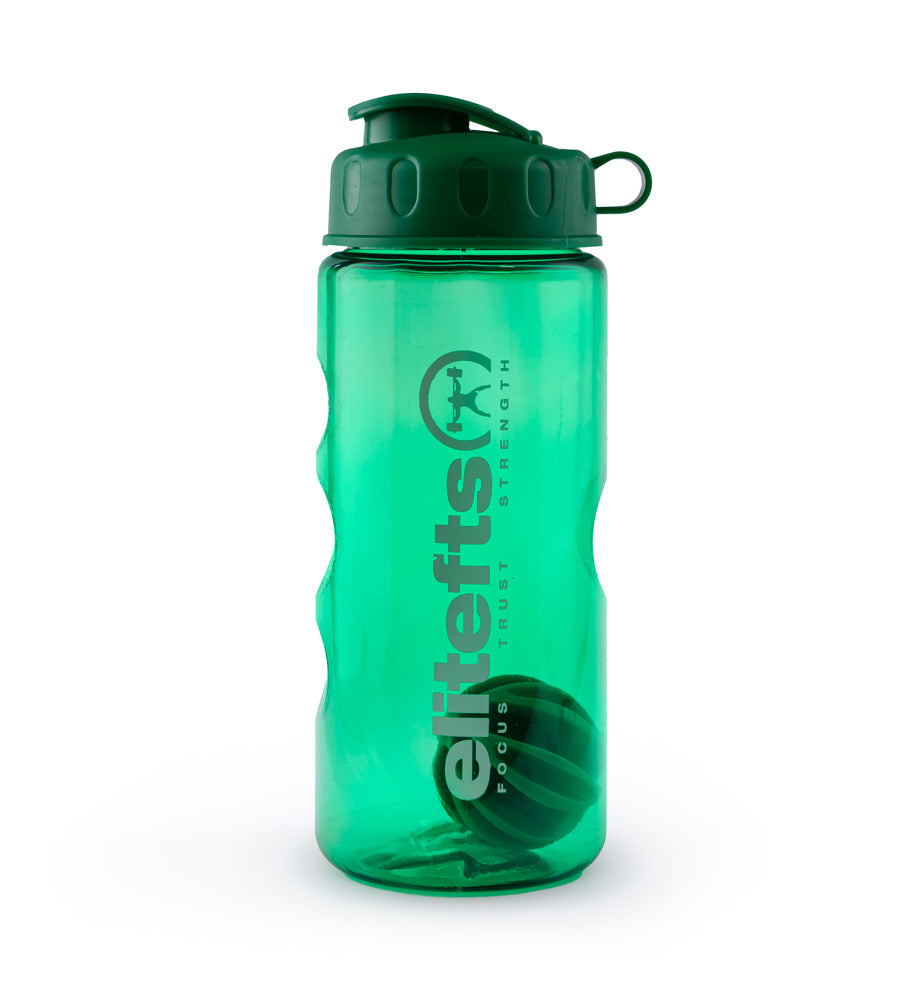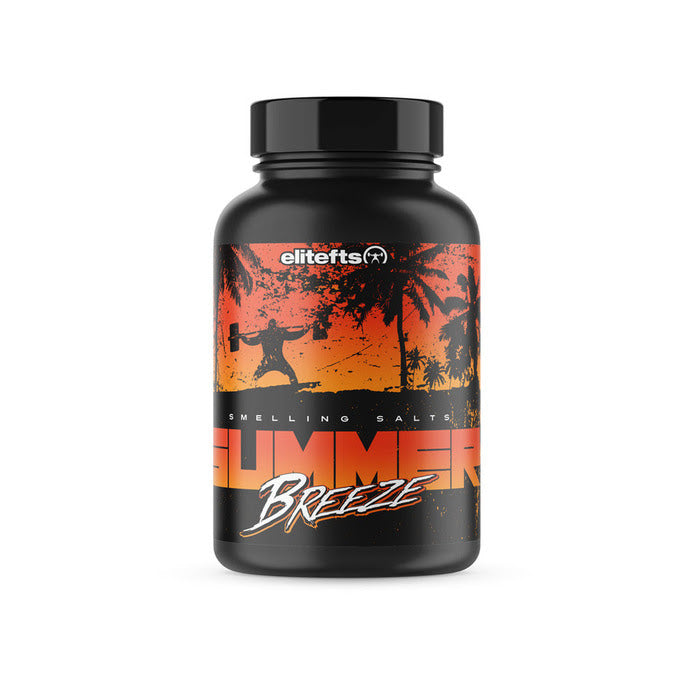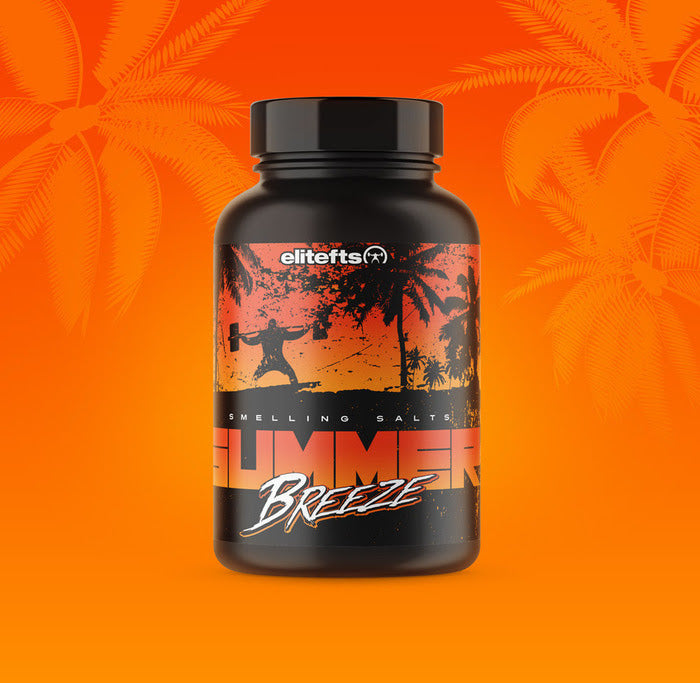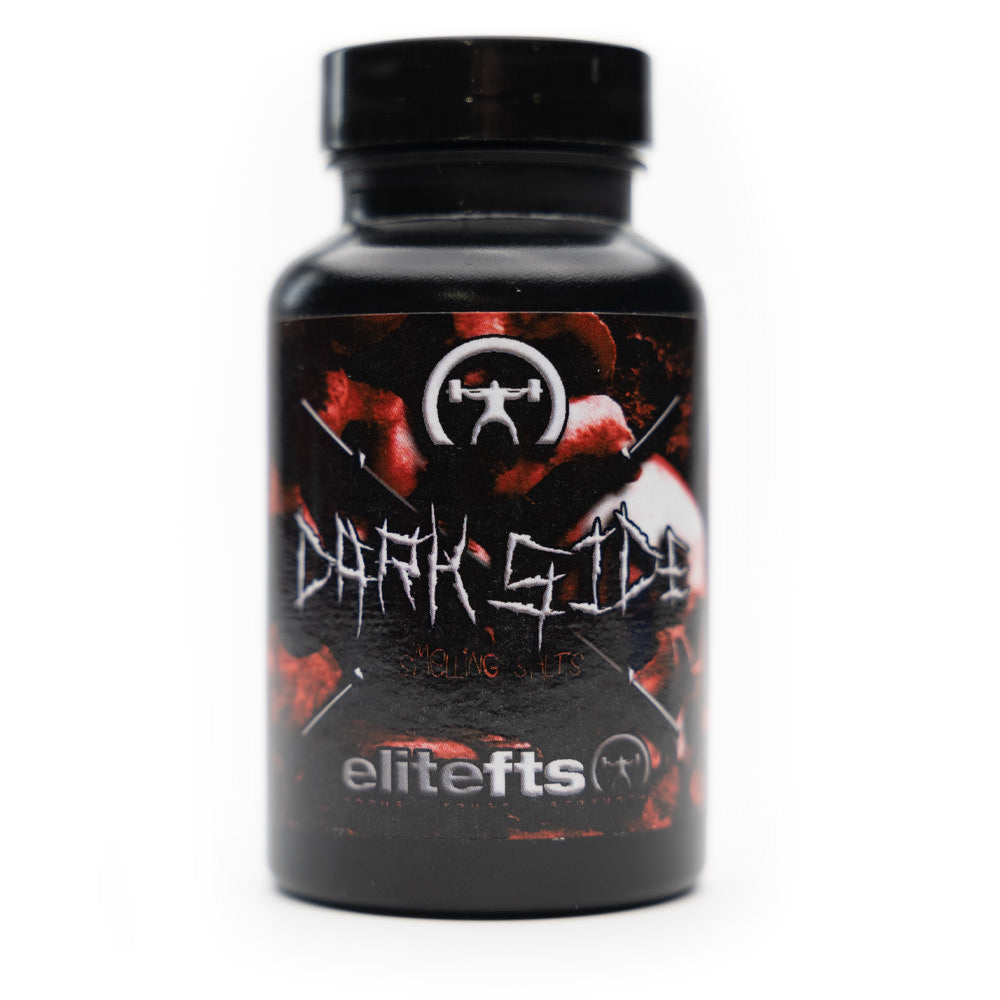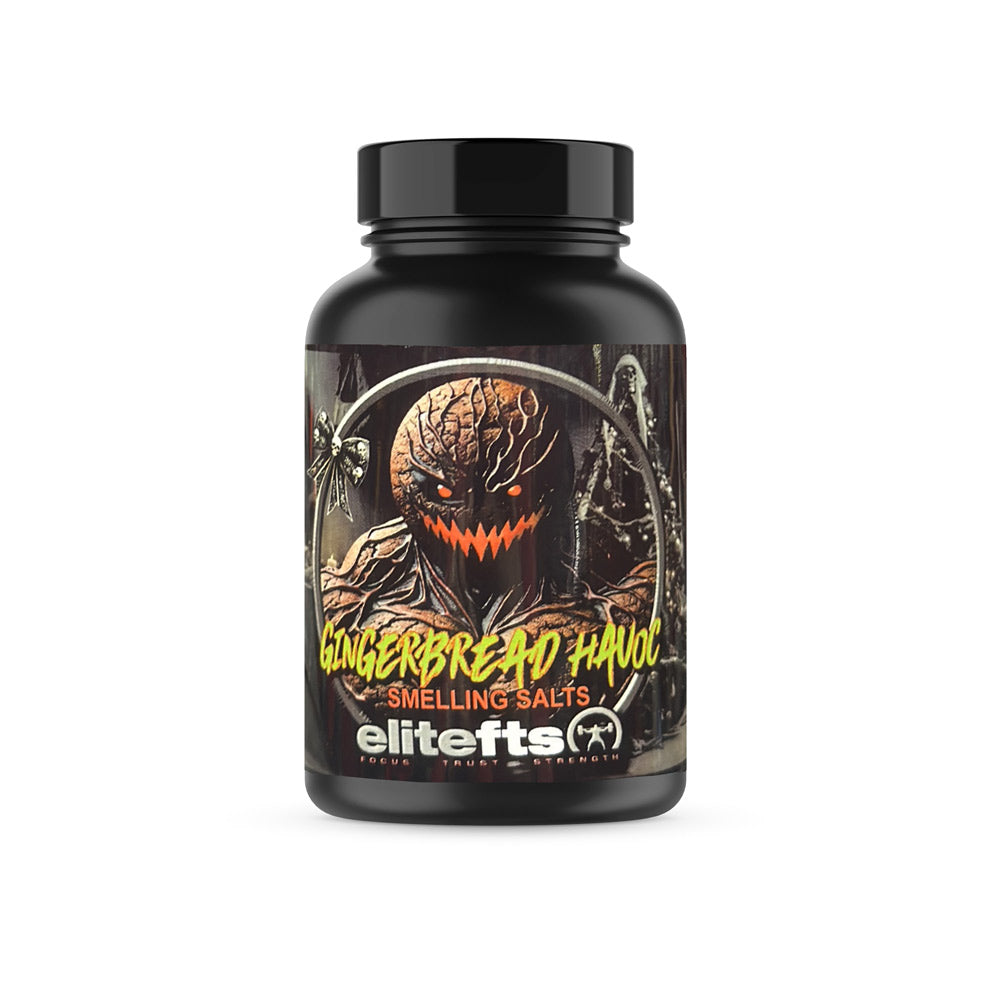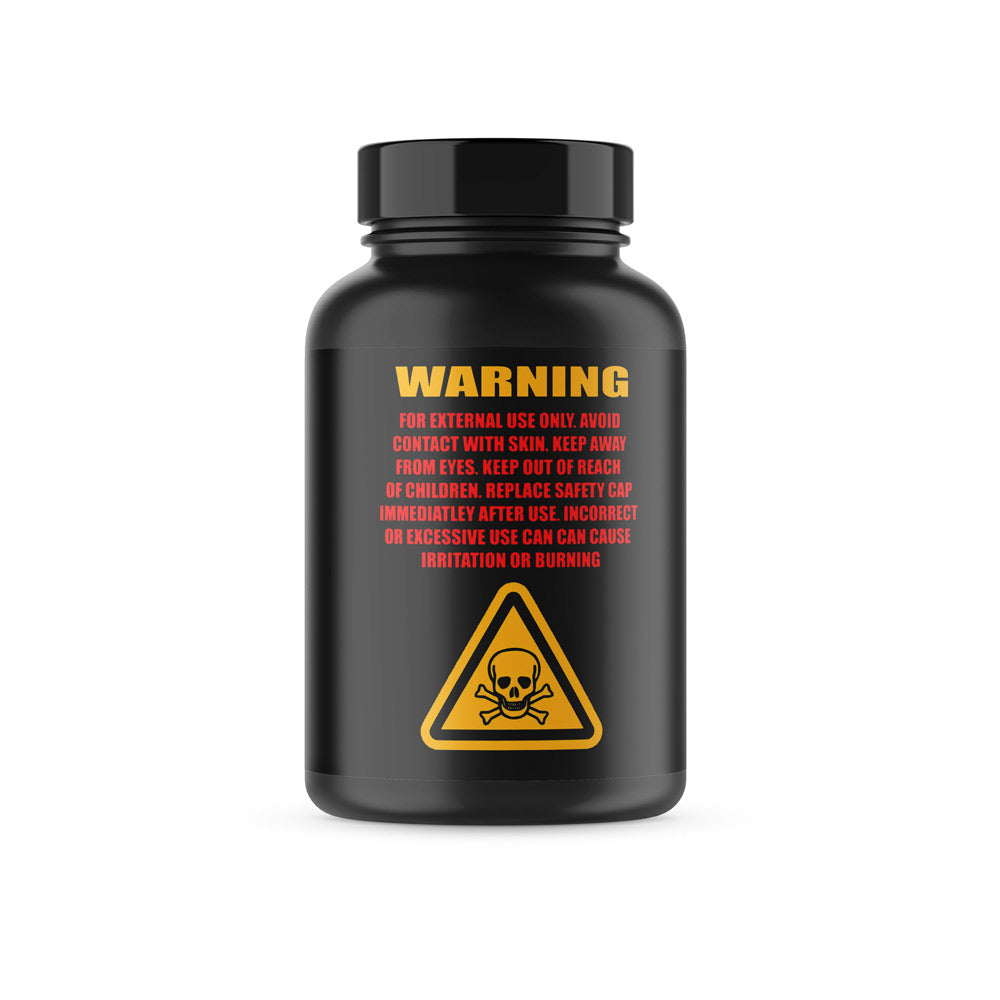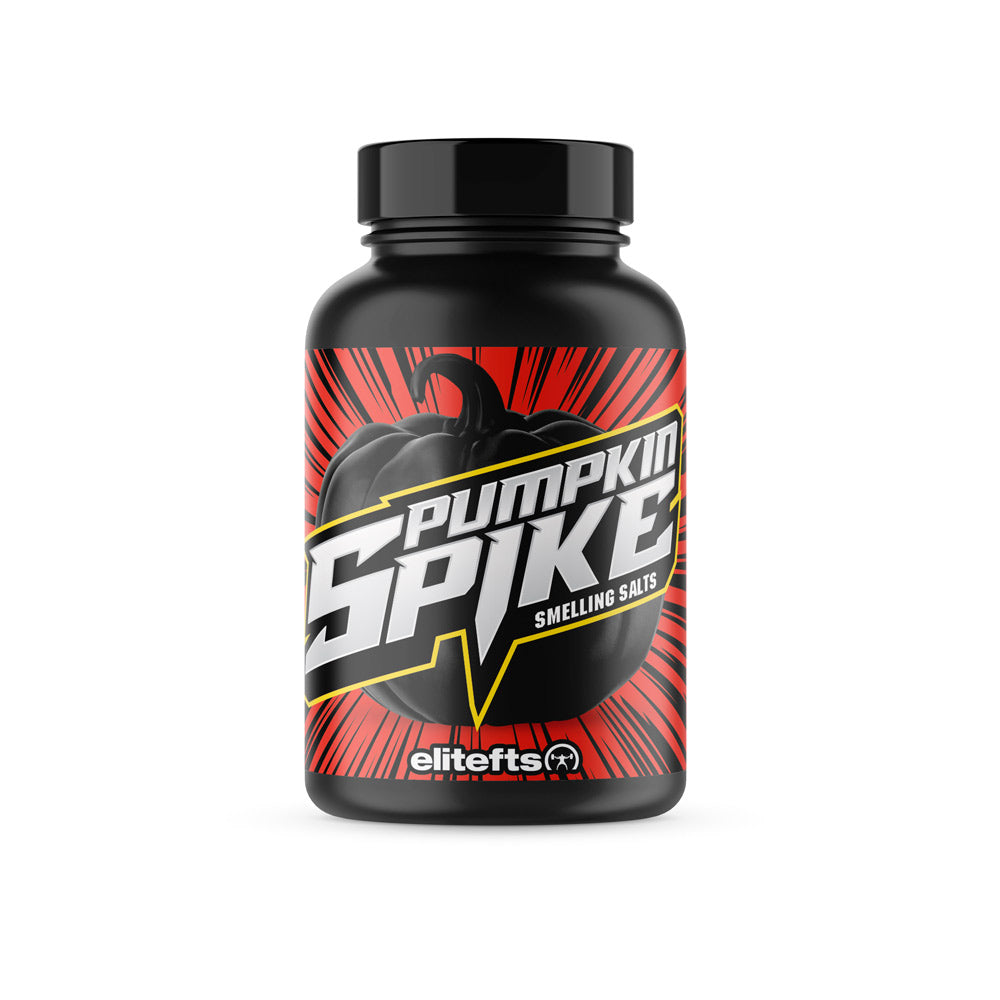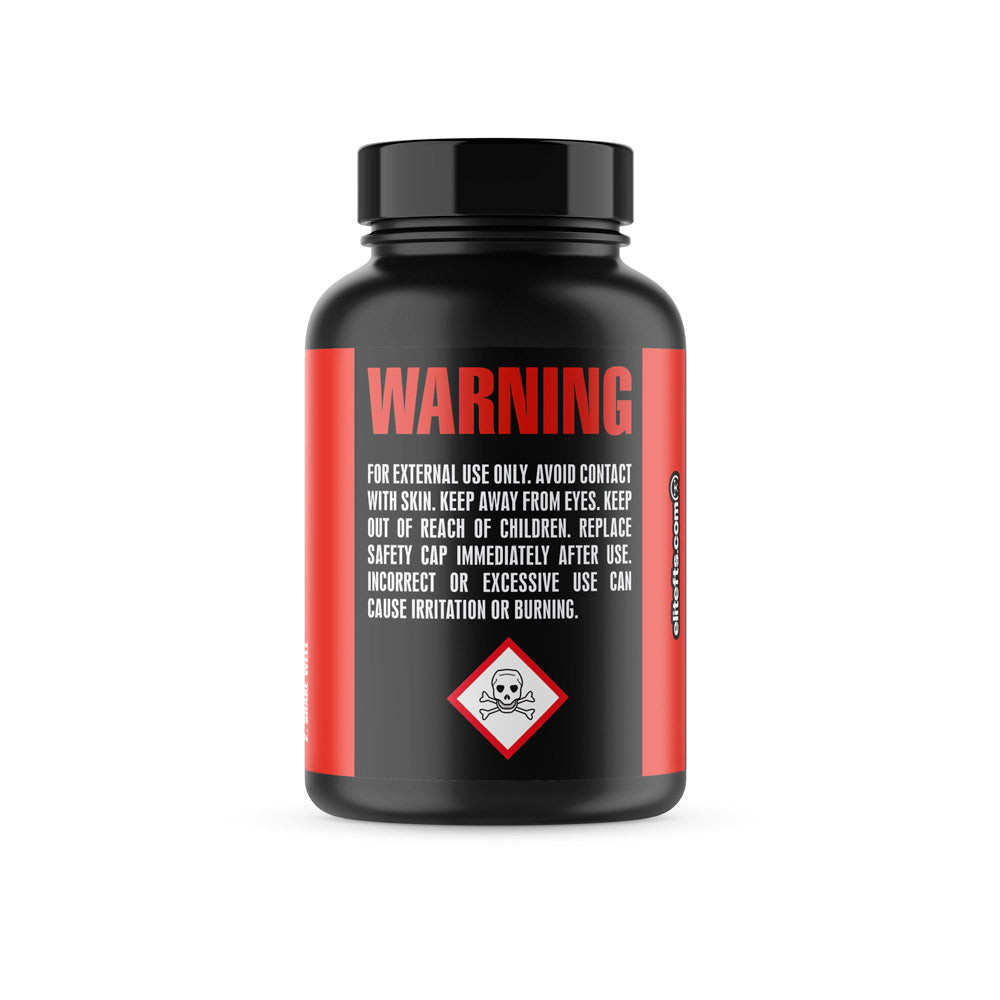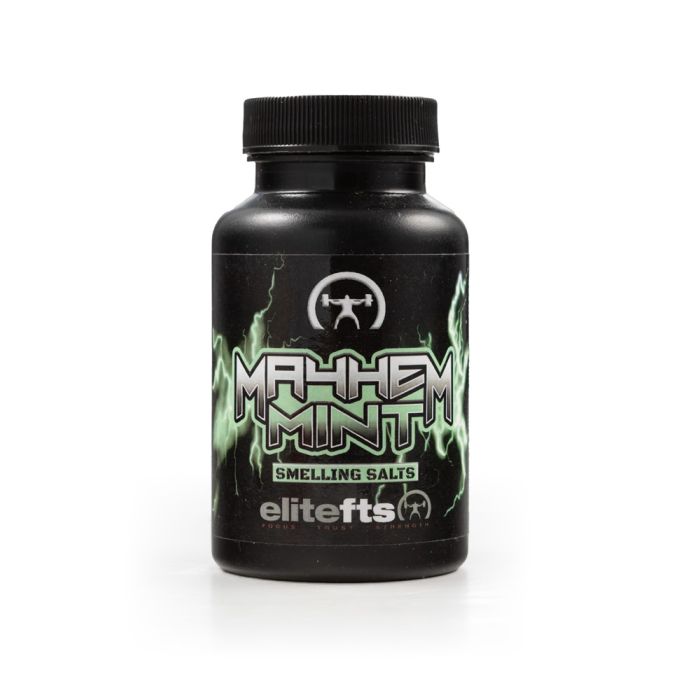You might be familiar with the story of Priorities and a Jar. It is a story that has been around for a good while, but worth a quick re-telling to set the stage for what we mean by If It Makes You Strong(er), It Makes You Strong(er).
The story goes like this...[A professor of philosophy stood before his class with some items in front of him. When the class began, wordlessly he picked up a large empty mayonnaise jar and proceeded to fill it with rocks about two inches in diameter.
He then asked the students if the jar was full. They agreed that it was full.
So the professor then picked up a box of pebbles and poured them into the jar. He shook the jar lightly and watched as the pebbles rolled into the open areas between the rocks. The professor then asked the students again if the jar was full. They chuckled and agreed that it was indeed full this time.
The professor picked up a box of sand and poured it into the jar. The sand filled the remaining open areas of the jar.
“Now,” said the professor, “I want you to recognize that this jar signifies your life. The rocks are the truly important things, such as family, health, and relationships. If all else was lost and only the rocks remained, your life would still be meaningful. The pebbles are the other things that matter in your life, such as work or school. The sand signifies the remaining “small stuff” and material possessions. If you put sand into the jar first, there is no room for the rocks or the pebbles. The same can be applied to your lives. If you spend all your time and energy on the small stuff, you will never have room for the things that are truly important.]
This lesson helps illustrate the priorities in life, but with regard to training and especially for elitefts readers who are newer to the strength and power scene, it is quite apropos as it relates directly to our journey of becoming strong(er). Those who have been in the strength game for some years or decades will espouse, if a movement makes you strong(er), then that movement makes you globally/holistically/comprehensively strong(er).
So the question becomes, is there a competing interest for movements that individually make you strong(er) but perhaps in conjunction with the goals of competition, might work against becoming as strong as possible with regard to a specific strength movement within that context of competition?

For example, a newer or intermediate lifter might ask, "Might flipping tires make me strong(er), would training with Atlas Stones make me strong(er), will those smaller ancillary movements like a side-lat raise or some type of biceps curl make me strong(er)?
The answer to these questions is "Yes," because repetitively lifting something will make you globally and holistically strong(er) as that is one of the effects of progressive work on skeletal muscles. So perhaps the better question while reflecting on the philosopher's story is, how much of the jar should these non-powerlifting movements fill and which of our training lifts are the rocks, which movements are the pebbles, and which exercises are the sand?
With regard to powerlifting, the big rocks, those most important priorities are the squat, bench press, and the deadlift. They are in fact the bedrock (pun intended) of your strength and power development with regard to powerlifting. These are the lifts that will be tested at the meet and the three lifts that ultimately will comprise your total. We are competing against ourselves as we strive to attain the largest total possible while simultaneously measuring ourselves against our fellow competitors.
That said, some of the pebbles are also critical to becoming globally strong(er) but more so in a symbiotic way. With powerlifting, these ancillary movements (pebbles) make for the strong(er) rocks (squat, bench press, deadlift).
When it comes to exercises like the tire flip or Atlas Stones, those are movements that build strength and also add to the power and strength of the big three powerlifting movements as they make the lifters globally strong(er). Still, these are pebbles to be leary of as too many or much of these movements will ultimately produce a point of diminishing returns. For a powerlifter, a movement can make you overall strong(er) but can simultaneously hurt the top end of some specific lifts. It is this situation that we find most of the newer to the sport lifters taking their missteps. These are the lifters with love for all things weights and strength. These are the lifters who have passion for the gym, power, and muscle. Yet, these are the lifters we often lose as they either get injured, burn out, or see no progress as their zeal to train overshadows their knowledge of when to say when and to know how much is too much. They don't know when to train vs. back off as those aspects relate to the end goal of a larger total.
So knowing what movements are your big rocks, pebbles, and such are essential, but also knowing the duration and volume of these elements are key too.
The passion and work ethic we see in some newer lifters to the world of powerlifting is fantastic, as they are embarking on a potentially life-long journey of self-improvement, strength, power, muscle, competition, and one day, giving back with regard to lessons learned ala Live, Learn and Pass On. But that passion alone is not enough. That passion should also be honed, tempered, and focused so the energy is applied appropriately to the sport. If It Makes You Strong(er), It Makes You Strong(er) is true but does not necessarily equate to the best possible total at the competition.
In your training template, one must have a good grasp on the type of object you are putting into your training jar and how those objects work with the larger movements/rocks (like the squat, bench and deadlift, but not against the squat, bench press and deadlift). The moment your squat training begins to suffer because your back has not recovered from a movement like Atlas Stones or bent-over rows, then you need to re-calibrate.
Stones, bent-over rows, and other movements can provide enhancement to the squat, but when those movements become the rock vs. the pebbles, that is when too much of a priority has been placed on them. This can be the case for everything in the world of strength and power.
Each aspect of our training, rest, nutrition, sleep, recuperation, and the like needs to be prioritized in the proverbial jar. Each has a figurative volume control knob on it, and all aspects of our power journey should not be redlined at a volume level of ten. If so, the potential of a life-long journey of ever-increasing numbers instead merely becomes a one-way ticket to injury, stagnation, and a failure to reach our fullest potential.
In closing, going back to the original intent of the philosopher's lesson intent of the jar, part of our powerlifting journey, not just the training aspects, must find balance in the jar.
"...recognize that this jar signifies your life. The rocks are the truly important things, such as family, health, and relationships."
If the only rocks in the jar of one's life are training alone, that too will produce sub-maximal results.
Over my three decades in this glorious sport of powerlifting, I have seen that misstep time and again. The passion to be great under the bar without the balance of training, family, work, friends, and spirituality leads to an imbalance in the jar, and those lifters rarely ever last. Further, the time they are competitive, unfortunately, does not reach a level proportional to their actual potential.
Life-long lifters with a road behind them full of PRs, championships, experiences, constant increases in their totals, and a book filled with satisfying life experiences and friendship attained in this sport have both their jar of life priorities and training priorities well balanced. Proverbial life jars and lifting jars balanced with the proper blend of rocks, pebbles, and sand have always produced the best lifters living their best lives. One without the other only serves to dilute from the success potential of the lifter.
For you, the newer or intermediate level lifter, take time during this pandemic when there is an inordinate amount of time to think, and truly take this time and reflect on all aspects of your training. Is your pursuit of becoming globally and holistically strong succeeding? Does the balance need to be adjusted, so becoming strong(er) holistically is not inadvertently causing a decrease to the three lifts?
There are no secrets to this sport, but there are universal truths (the importance of hard work and dedication being two of these truths). The one universal truth of powerlifting is there needs to be a smart balance of priorities in both one's life plan and one's training plan. Make the time to align those priorities and become the absolute best you can be and be so for a lifetime.
Wishing you the best in your training and meet prep. Ever onward.








